Explore the 10 Most Popular CS-CART ECommerce Websites







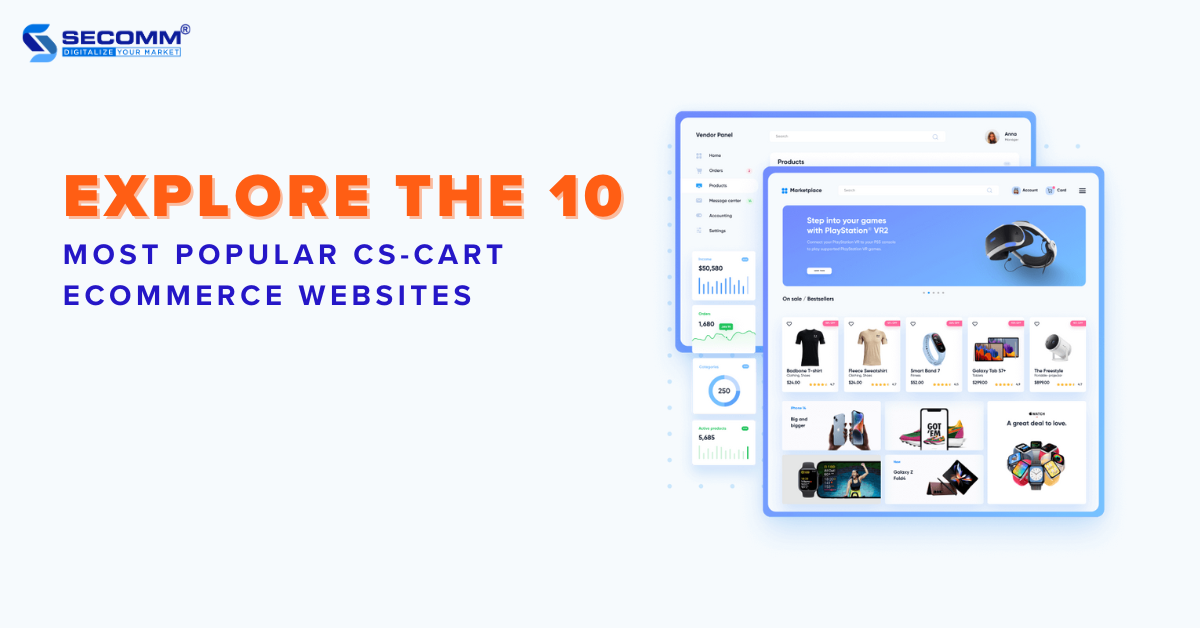
CS-Cart is a versatile eCommerce platform, available in both open-source and SaaS models. Established in 2005 under Simbirsk Technologies Ltd., it has garnered trust from medium-sized and large businesses. Its reputation is built on robust customization options, numerous features, and supplementary utilities within its ecosystem.
Listed below are brands that have built their CS-Cart eCommerce websites.
1. House of CB
House of CB is a leading women’s fashion brand in London, United Kingdom. Renowned for its meticulously crafted collections tailored for significant events, the brand was established by Conna Walker at the age of 17, backed by a £3,000 loan from her father.

Faced with initial capital constraints, House of CB strategically leverages eCommerce to engage with its potential customers. Over time, the brand has graced the wardrobes of numerous Hollywood luminaries, including Beyonce, Gigi Hadid, Lady Gaga, Jennifer Lopez, and the Kardashians.
- Website: https://www.houseofcb.com/
- Industry: Fashion
- Traffic: 1.8M/month (7/2023)
- Ranking: #28,116 (Worldwide), #12,982 (UK)
2. Maxbhi
Maxbhi is an eCommerce venture operated by Elcotek India Private Limited in India. The CS-Cart website is dedicated to offering a wide range of accessories for electronic devices, including mobile phones, tablets, laptops, and more, specifically within the Indian market.
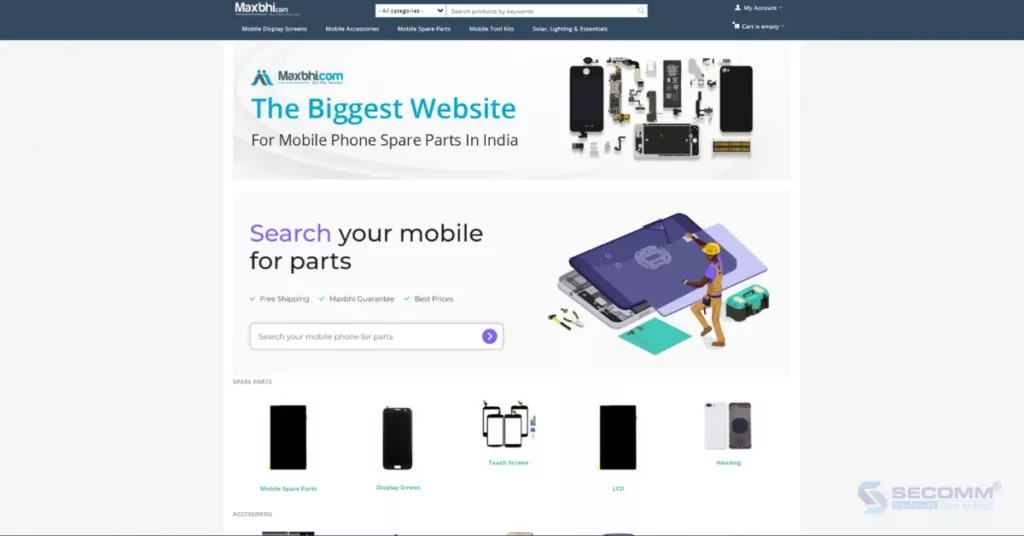
Launched in 2004 in Ghaziabad, India, this CS-Cart eCommerce website has grown to become one of the largest and most enduring online stores for phone accessories in the country.
- Website: http://maxbhi.com/
- Industry: Consumer electronics
- Traffic: 1.7M/month (7/2023)
- Ranking: #32,992 (Worldwide), #2,410 (India)
3. Harvey Norman
Harvey Norman is a leading retailer in New Zealand, offering a diverse range of products including computers, electronics, furniture, bedding, and household appliances from renowned global brands.
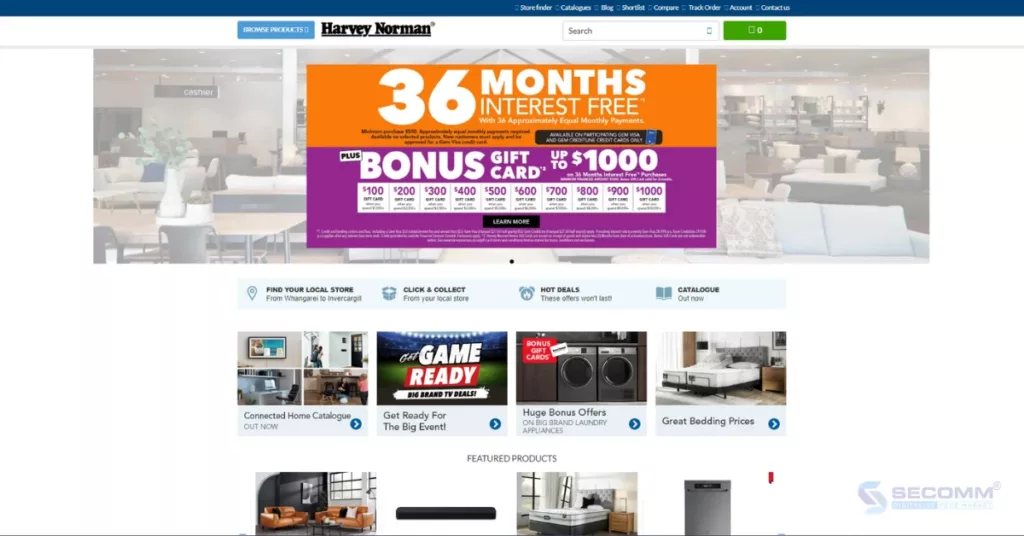
This initiative is part of the franchise system operated by Harvey Norman Holdings Limited, a publicly listed company on the Australian Securities Exchange Limited. The company’s main activities encompass retail, franchise operations, real estate, and digital enterprises.
- Website: https://www.harveynorman.co.nz/
- Industry: Retail
- Traffic: 1.4M/month (7/2023)
- Ranking: #40,692 (Worldwide), #115 (New Zealand)
4. Enter
Enter stands out as one of Moldova’s major retailers in the consumer electronics sector. Boasting a network of 25 traditional stores across the country, Enter focuses on delivering a wide range of electronic devices, including mobile phones, tech accessories, home appliances, and more.
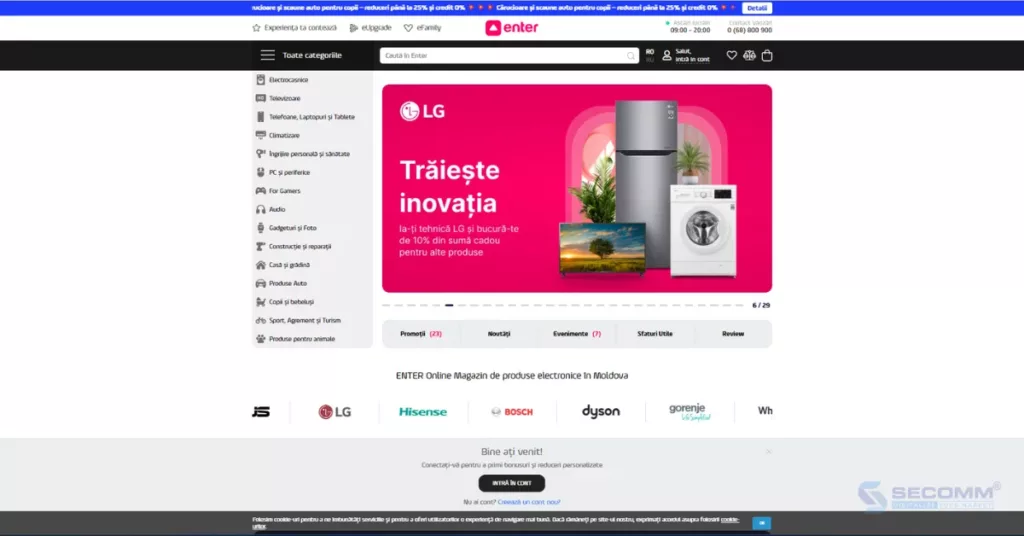
Moreover, Enter has established itself as a trusted authorized dealer for renowned brands such as Apple, Samsung, Xiaomi, Dyson, Lenovo, LG, and others. With future plans in mind, the company aims to further expand its brick-and-mortar stores and enhance its eCommerce website for an even more convenient shopping experience for customers
- Website: https://enter.online/
- Industry: Retail
- Traffic: 705.9K/month (7/2023)
- Ranking: #76,885 (Worldwide), #73 (Moldova)
5. Mobilier1
Mobilier1 is a Romanian CS-Cart eCommerce website specializing in the furniture industry. With over a decade of experience, the company remains focused on manufacturing and selling furniture within the eCommerce market. Mobilier1 consistently earns praise for the high quality of its products and services, providing competitive pricing compared to other market players.
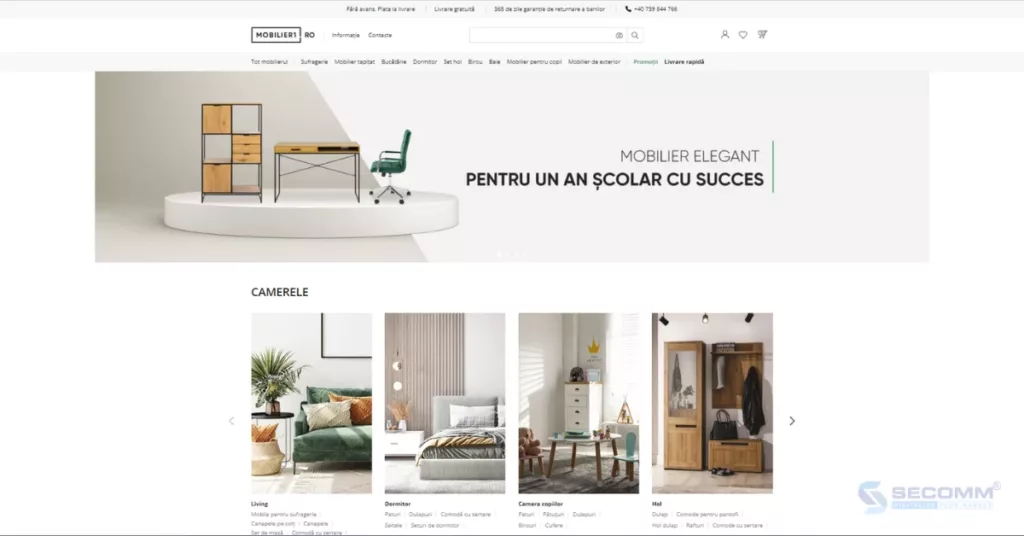
Furthermore, Mobilier1 offers additional services such as nationwide free delivery and a 365-day return policy, ensuring a seamless experience for its customers.
- Website: http://mobilier1.ro/
- Industry: Furniture
- Traffic: 365.5K/month (7/2023)
- Ranking: #142,635 (Worldwide), #726 (Romania)
6. Butor1
Butor1 is a Hungarian business specializing in the distribution of furniture and interior accessories. Over the past decade, the company has formed direct partnerships with renowned furniture manufacturers to offer customers products at reasonable prices.
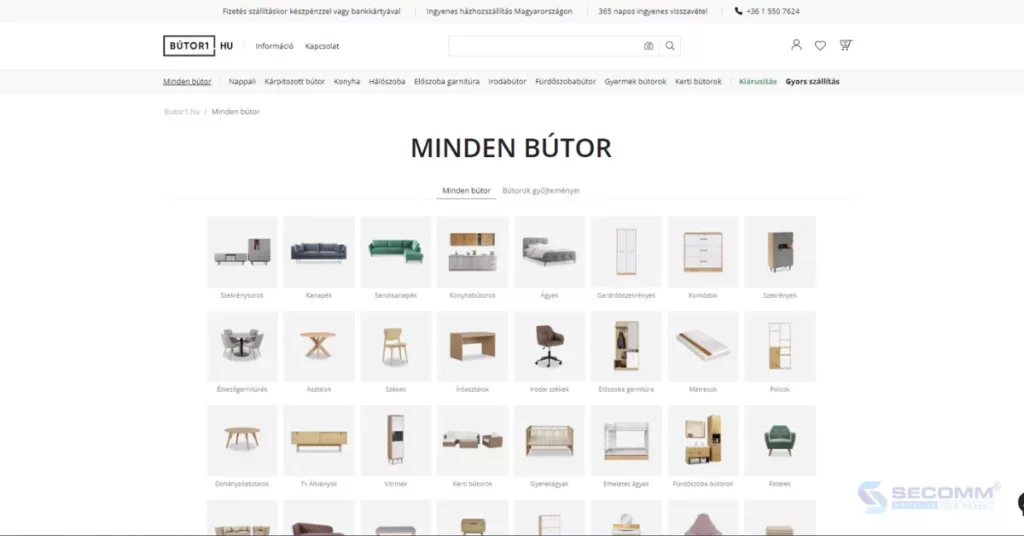
Recently, Butor1 has taken a step further by combining CS-Cart eCommerce website operations with sustainable practices, pledging to plant a tree for each successfully placed order, demonstrating its commitment to environmental responsibility.
- Website: https://www.butor1.hu/
- Industry: Furniture
- Traffic: 340.0K/month (7/2023)
- Ranking: #140,320 (Worldwide), #733 (Hungary)
7. Siriust
Siriust is a CS-Cart eCommerce website under the umbrella of Profi, a leading retail chain in Russia. Specializing in tech accessories like smartphones, laptops, wireless devices, and repair tools, Siriust boasts a catalog of over 16,000 products.
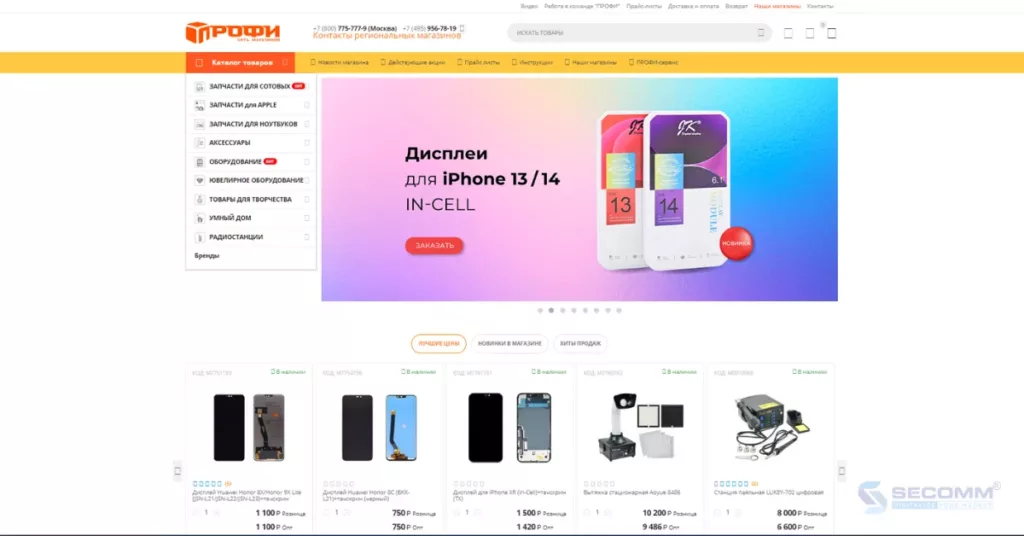
With 50 physical stores in major Russian cities, the company has strategically introduced a CS-Cart website, enabling customers to conveniently make online purchases and pick up their orders from the nearest store.
- Website: http://siriust.ru/
- Industry: Consumer electronics
- Traffic: 318.4K/month (7/2023)
- Ranking: #151,245 (Worldwide), #7,774 (Russia)
8. Topsto
Topsto is an online store serving customers in both B2B and B2C sectors in the Crimea region, Ukraine. With an expansive product catalog comprising over 280,000 items, Topsto’s CS-Cart website gained favor among customers for its varied product range, affordable pricing, and swift delivery services across the Crimea region.
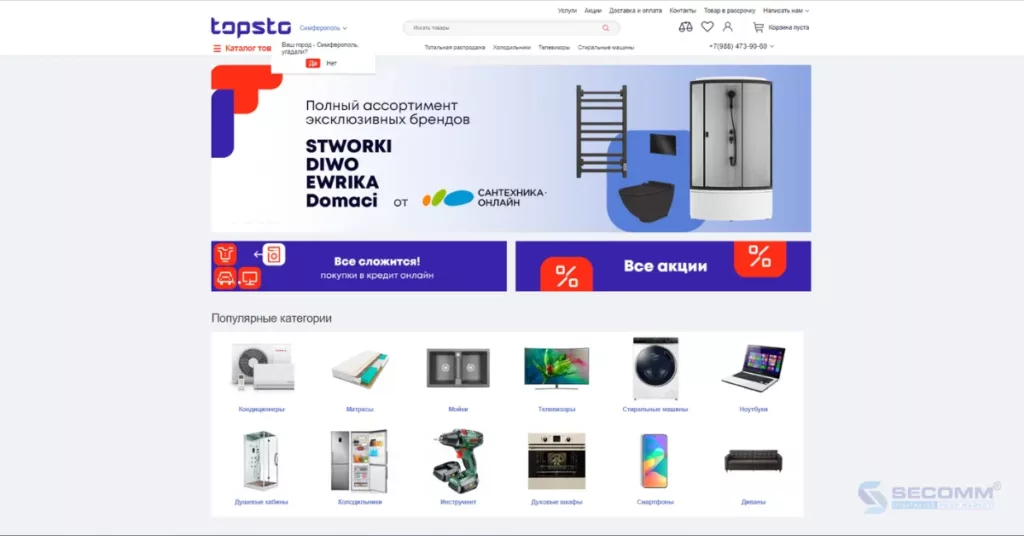
- Website: https://topsto-crimea.ru/
- Industry: Retail
- Traffic: 220.8K/month (7/2023)
- Ranking: #167,337 (Worldwide), #4,166 (Ukraine)
9. Ucuzkitapal
UcuzKitapal is a Turkish online book retail business with a loyal customer base of over 85,000. The store offers a vast collection of books covering diverse genres, including education, literature, economics, self-development, and more.
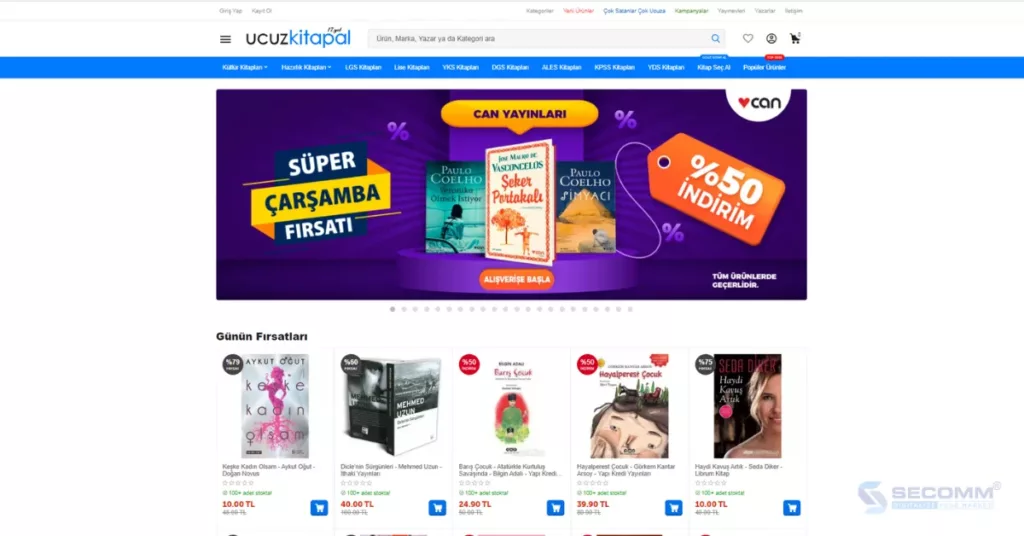
Through the early adoption of a CS-Cart eCommerce website, the business consistently satisfies book-buying needs with highly competitive prices, swift delivery, and attractive offers.
- Website: https://www.ucuzkitapal.com/
- Industry: Online book retail
- Traffic: 146.8K/month (7/2023)
- Ranking: #227,028 (Worldwide), #5,881 (Turkey)
10. Riviera Couleurs
Riviera Vaudoise is a paint and coating business established 40 years ago in the “Riviera Vaudoise” region in western Switzerland. Renowned for its picturesque landscapes, traditional villages, rose gardens, and idyllic lakeside views, the region provides an exquisite backdrop.
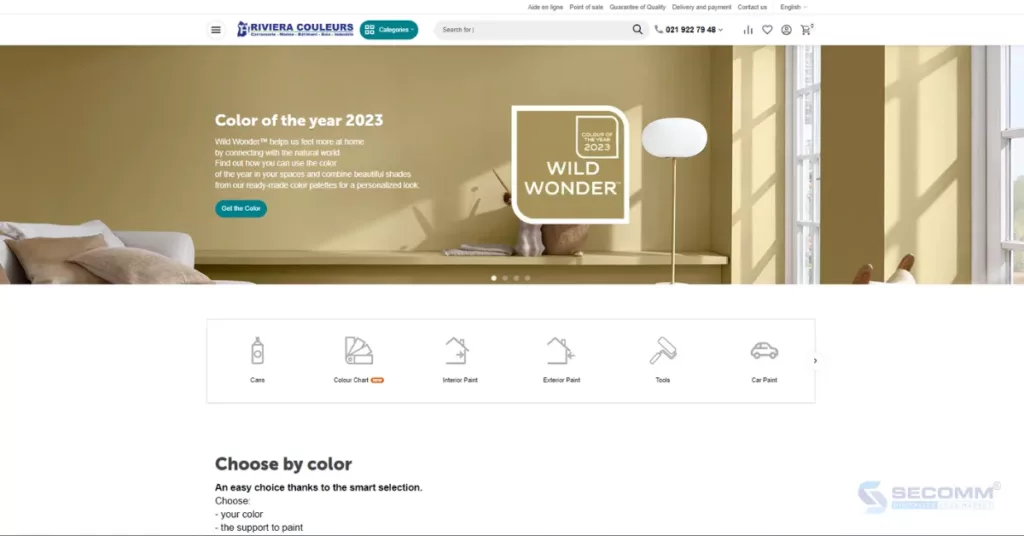
Over the years, Riviera Vaudoise has evolved into the premier destination for oil-based paints in the area, catering to diverse needs such as automotive, residential, and wood applications.
Currently, the company has built its CS-Cart website to extend its business footprint into the realm of eCommerce, aiming to connect with a broader audience of potential customers throughout Switzerland.
- Website: https://www.magasindepeinture.ch/
- Industry: paint and coating
- Traffic: 41.1K/month (7/2023)
- Ranking: #1,367,213 (Worldwide), #272,883 (Switzerland)
Here are 10 CS-Cart eCommerce websites that have not only successfully developed their online presence but have also achieved notable success in their respective industries. This triumph serves as inspiration for other businesses looking for effective solutions to elevate their operations and enhance competitiveness in the market.
Drawing on substantial experience in implementing eCommerce solutions for clients across diverse countries, SECOMM comprehends the challenges and hurdles businesses encounter during the deployment process.
Contact SECOMM today or call the hotline at 02871089908 for a free consultation.






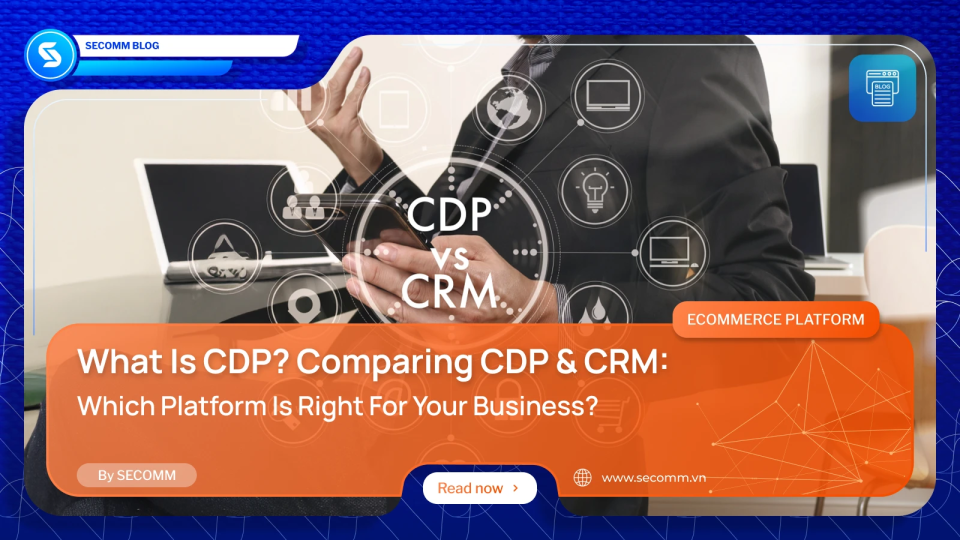
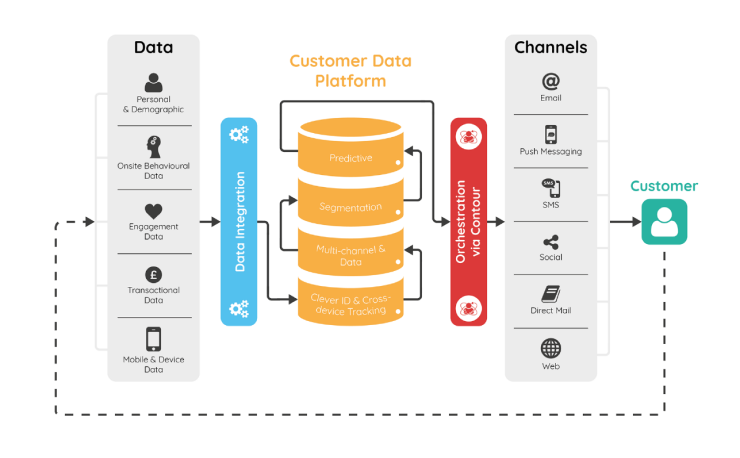
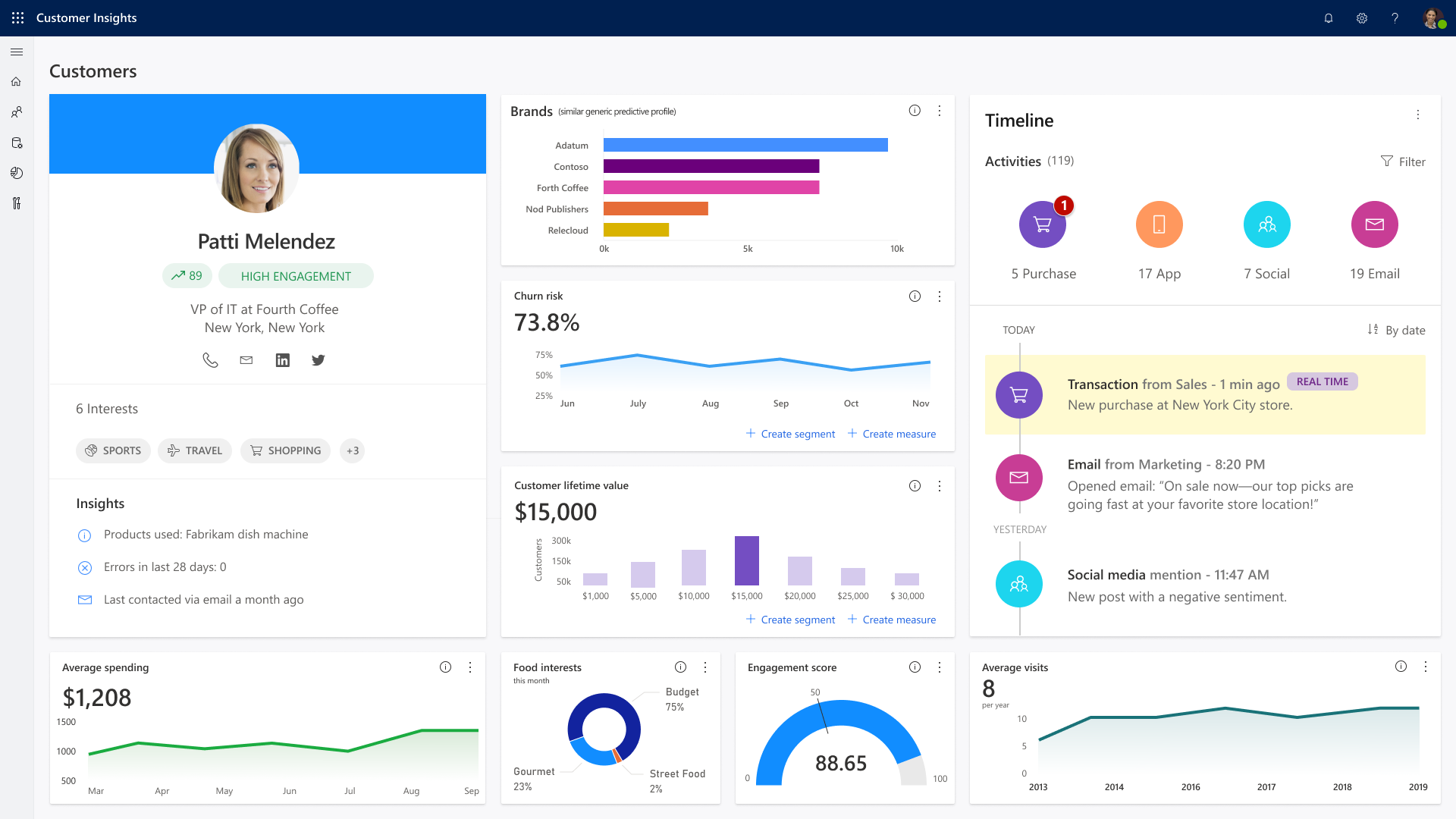

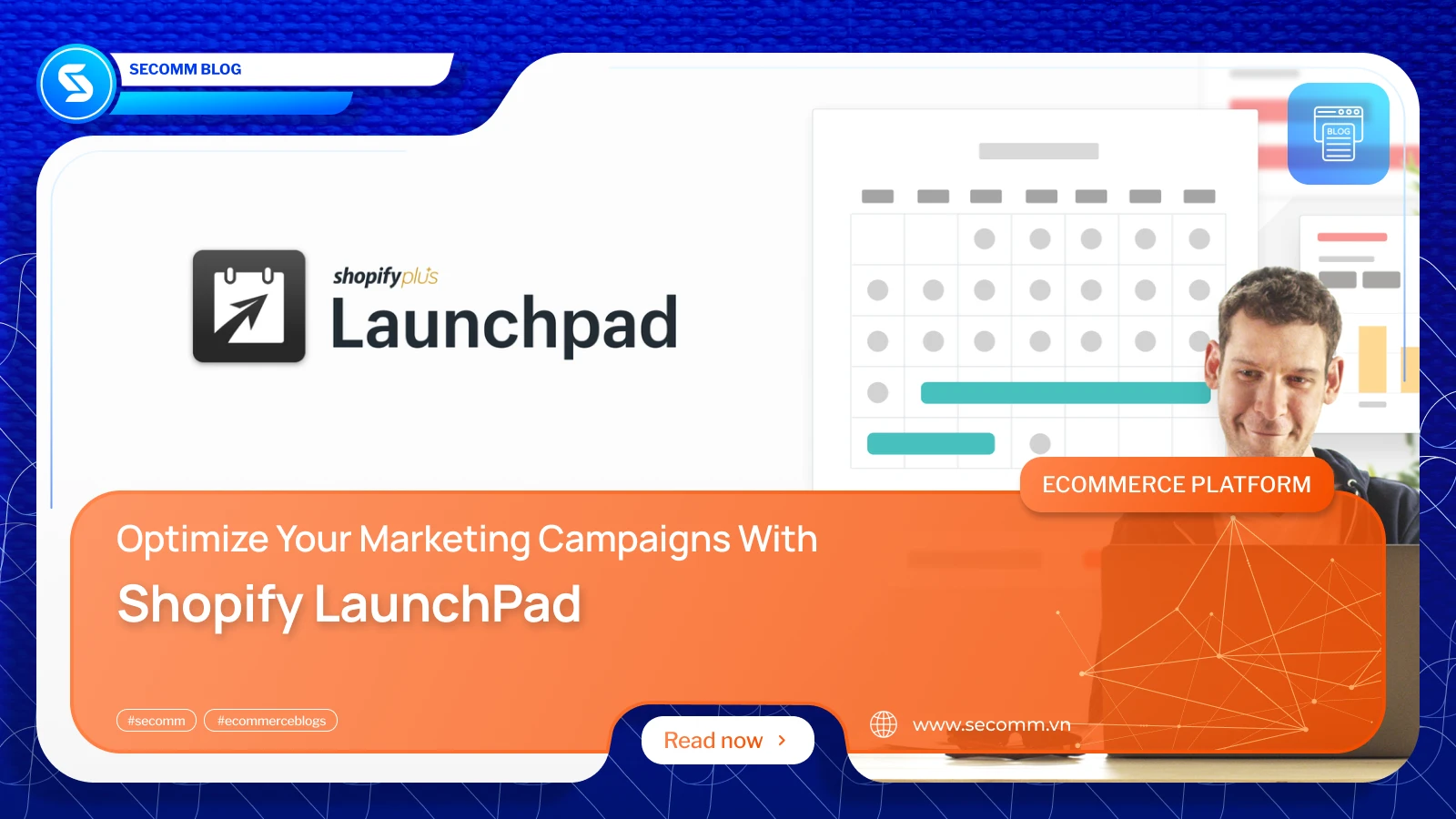

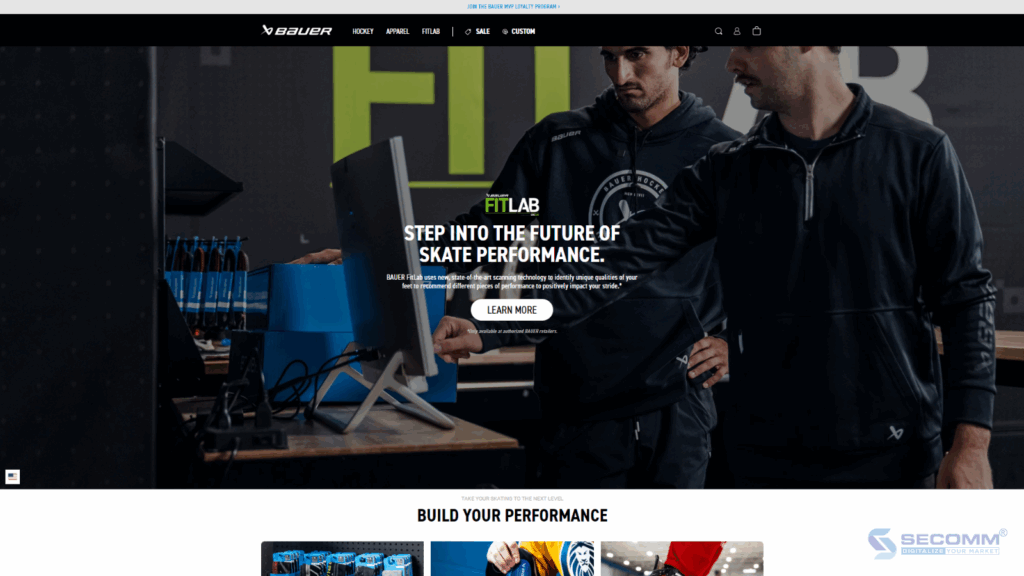
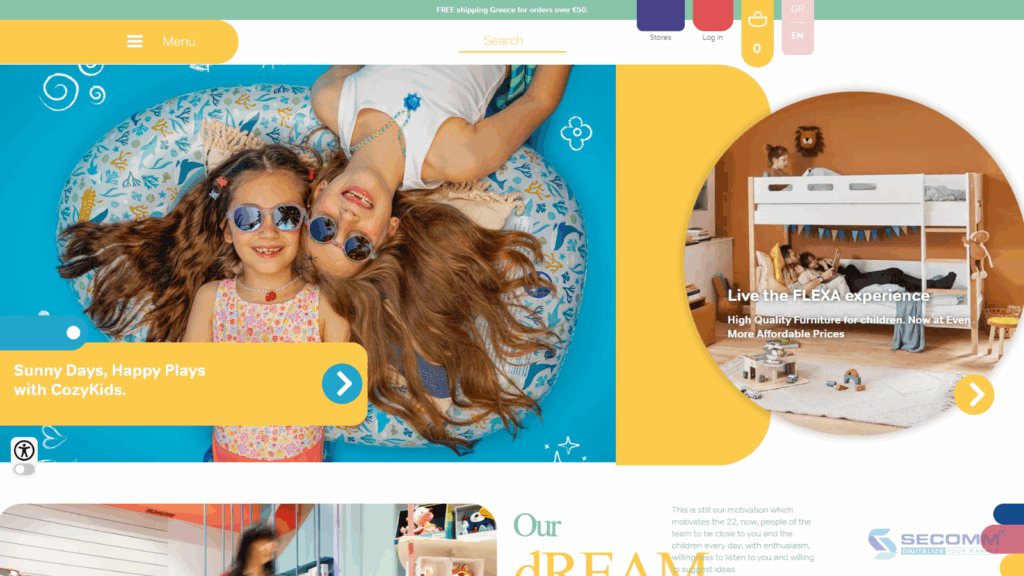
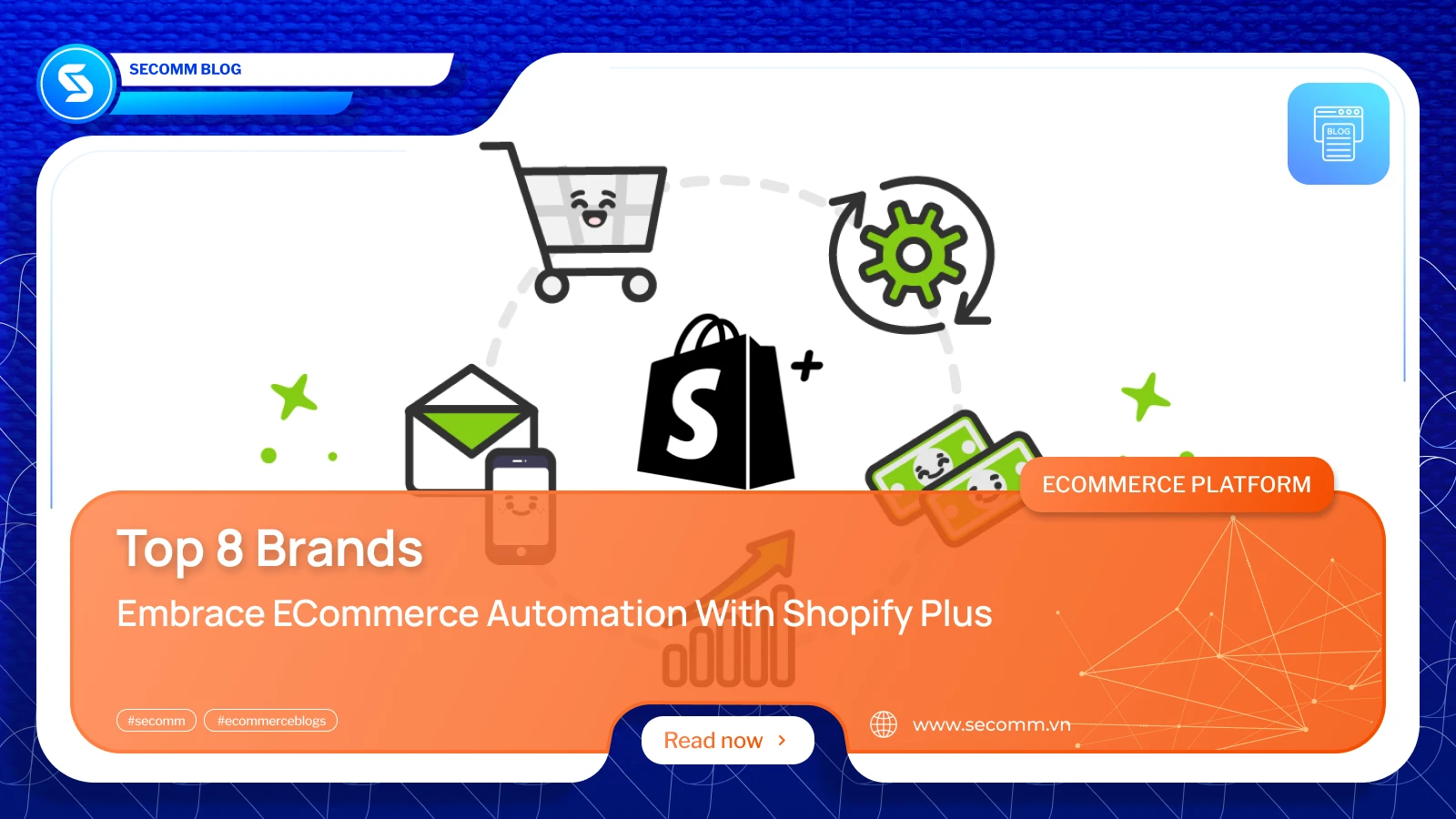
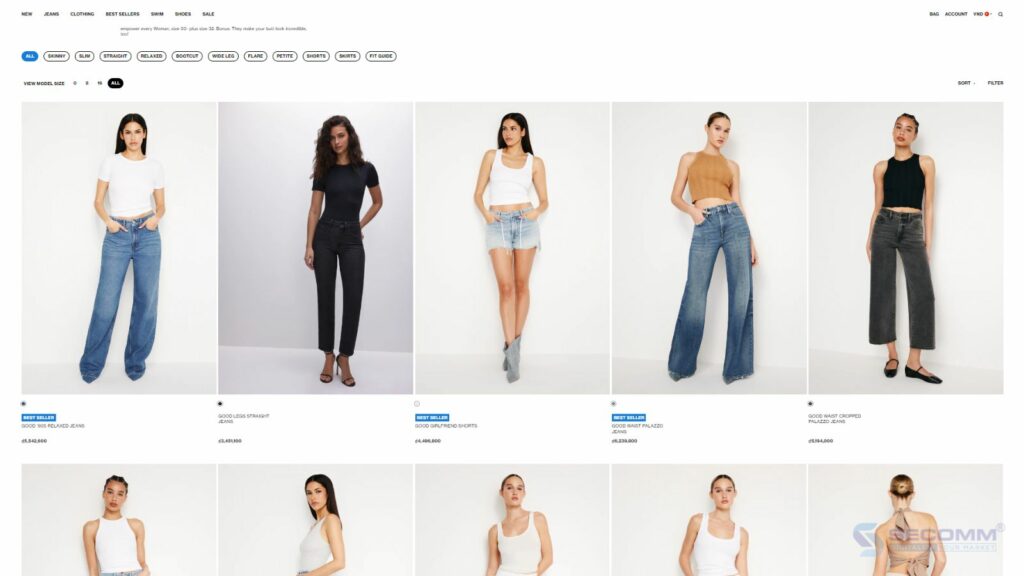
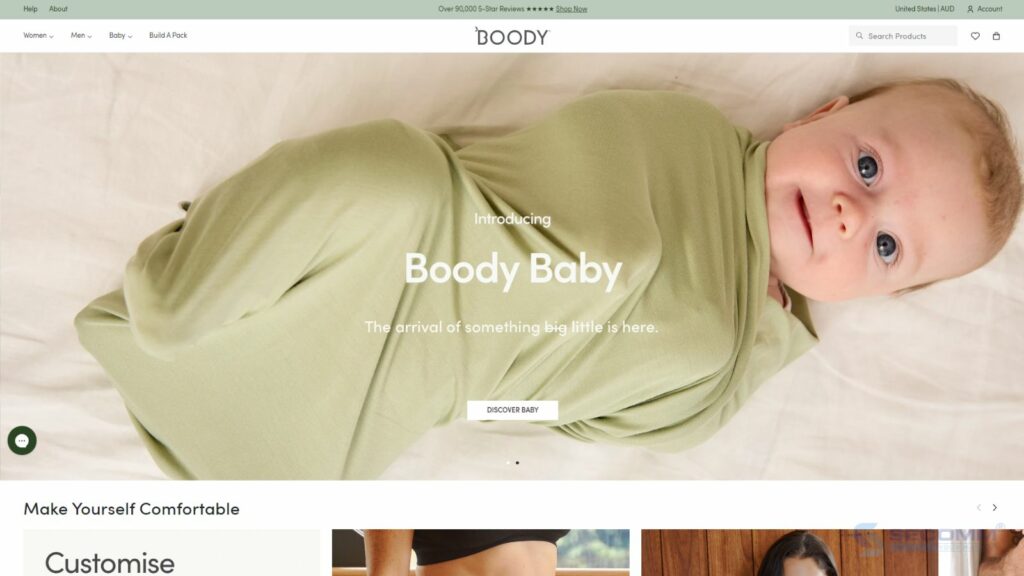
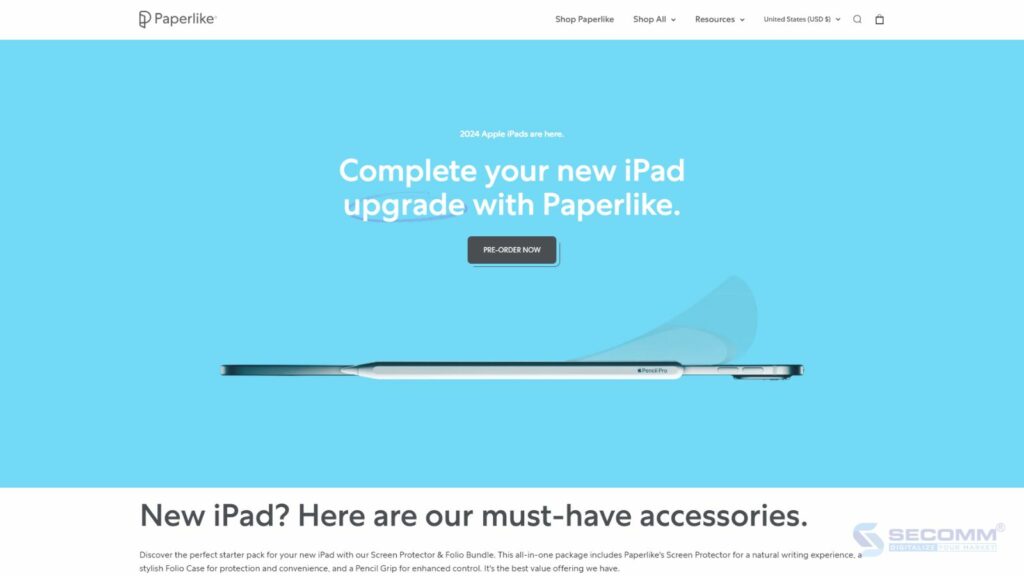
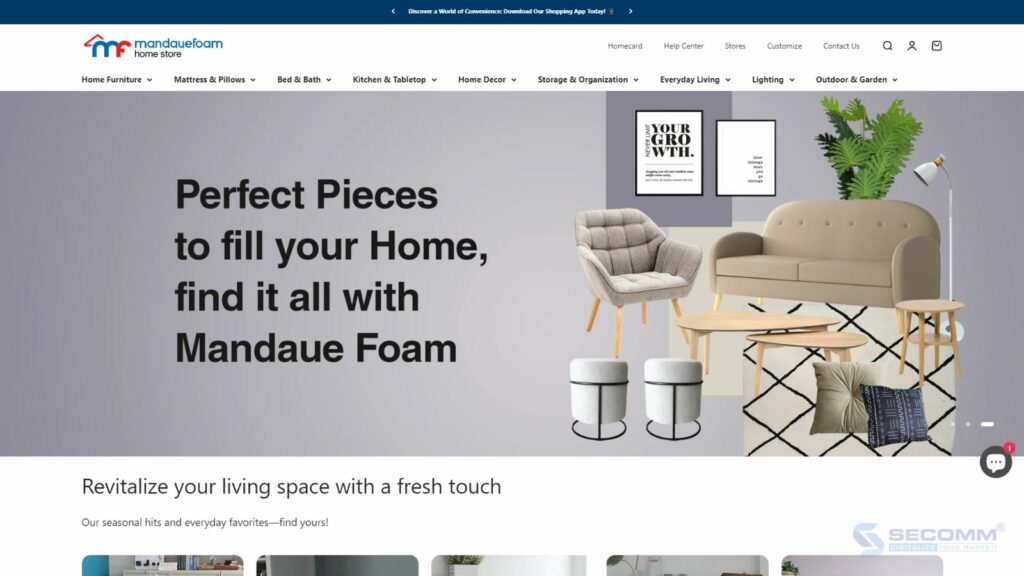
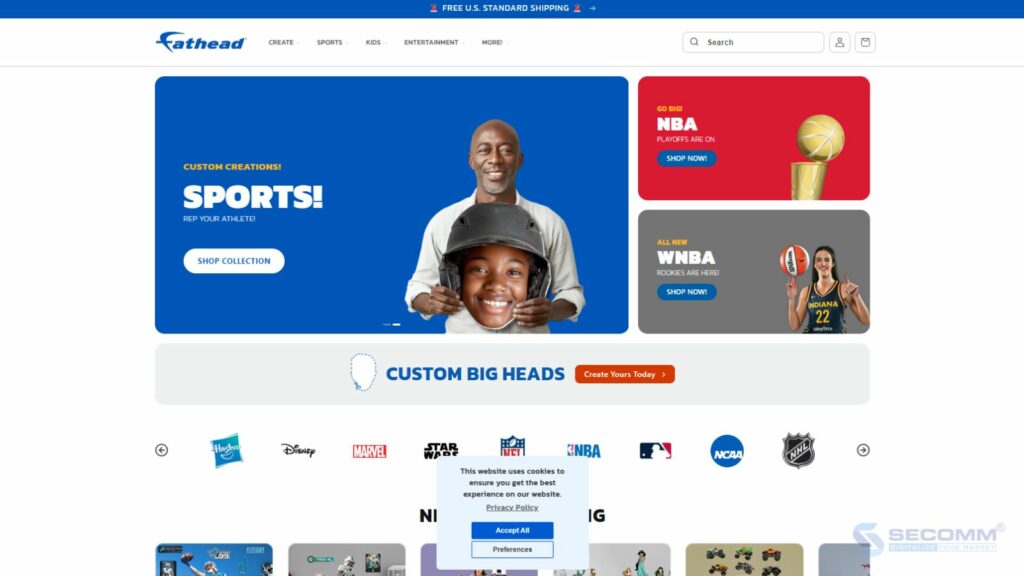
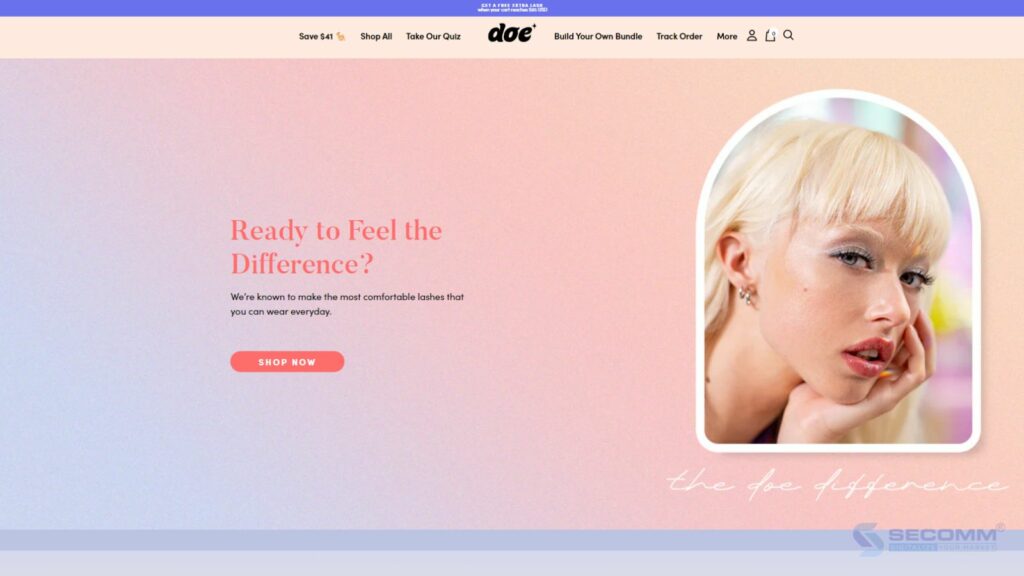
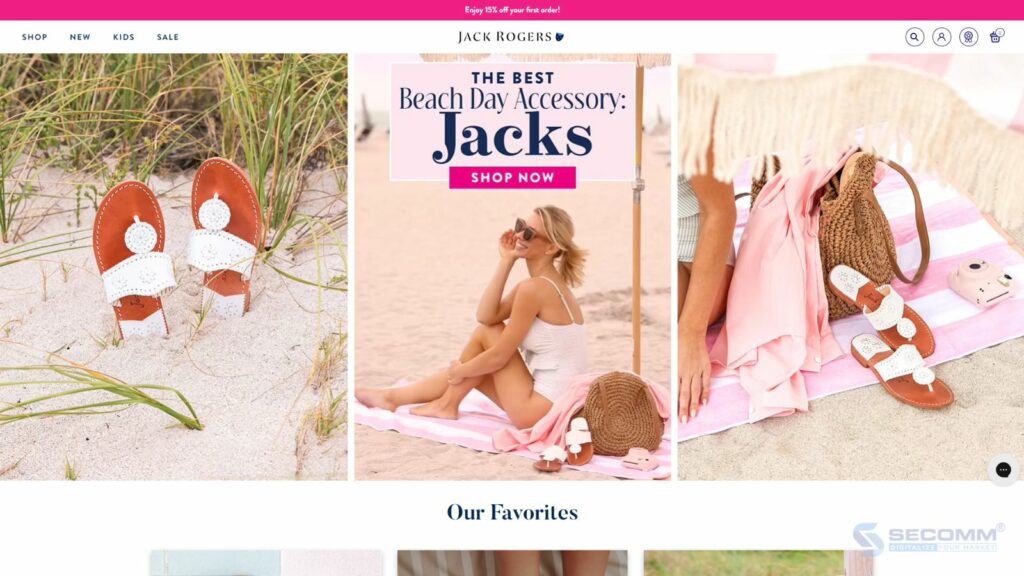


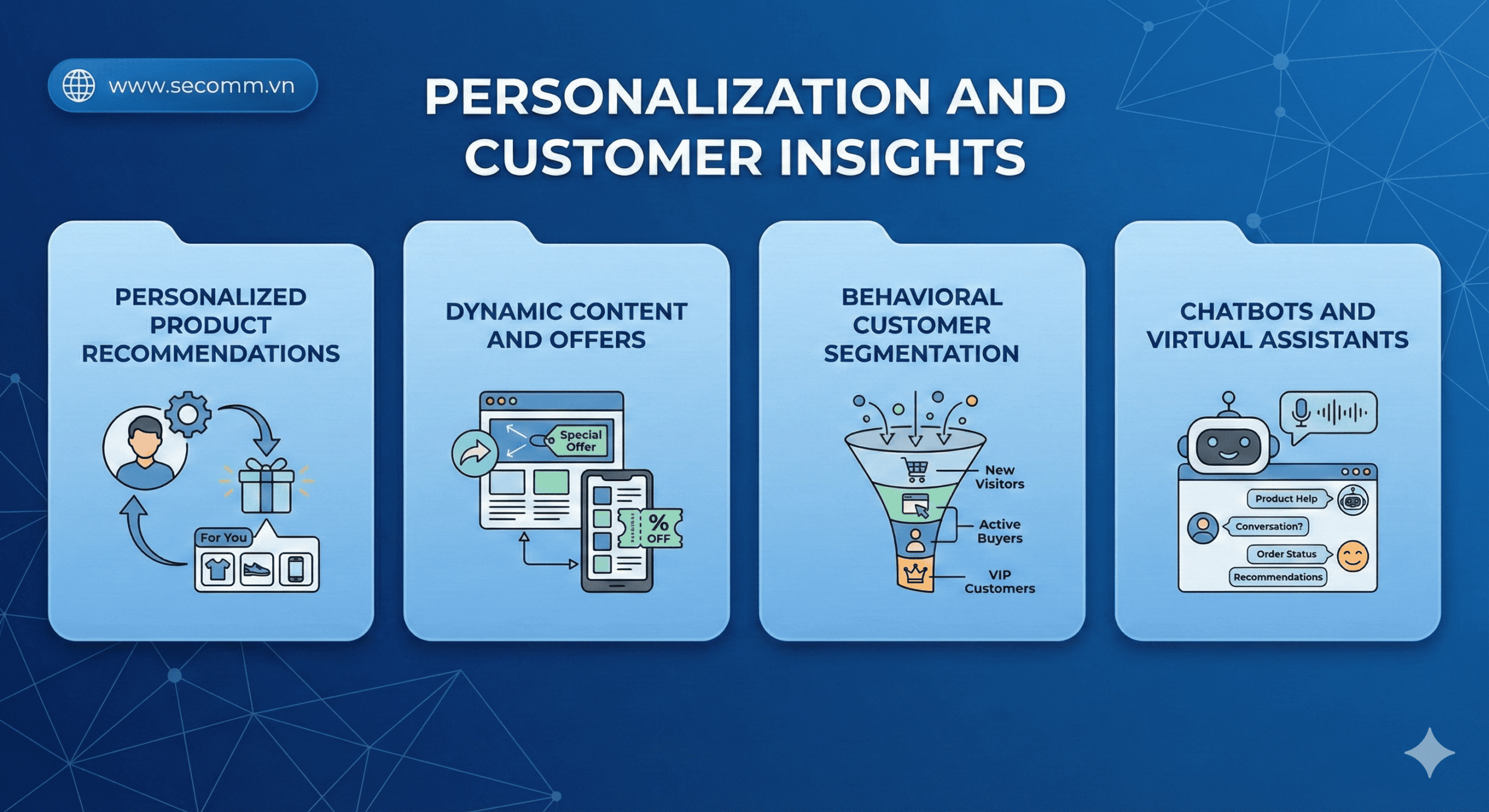
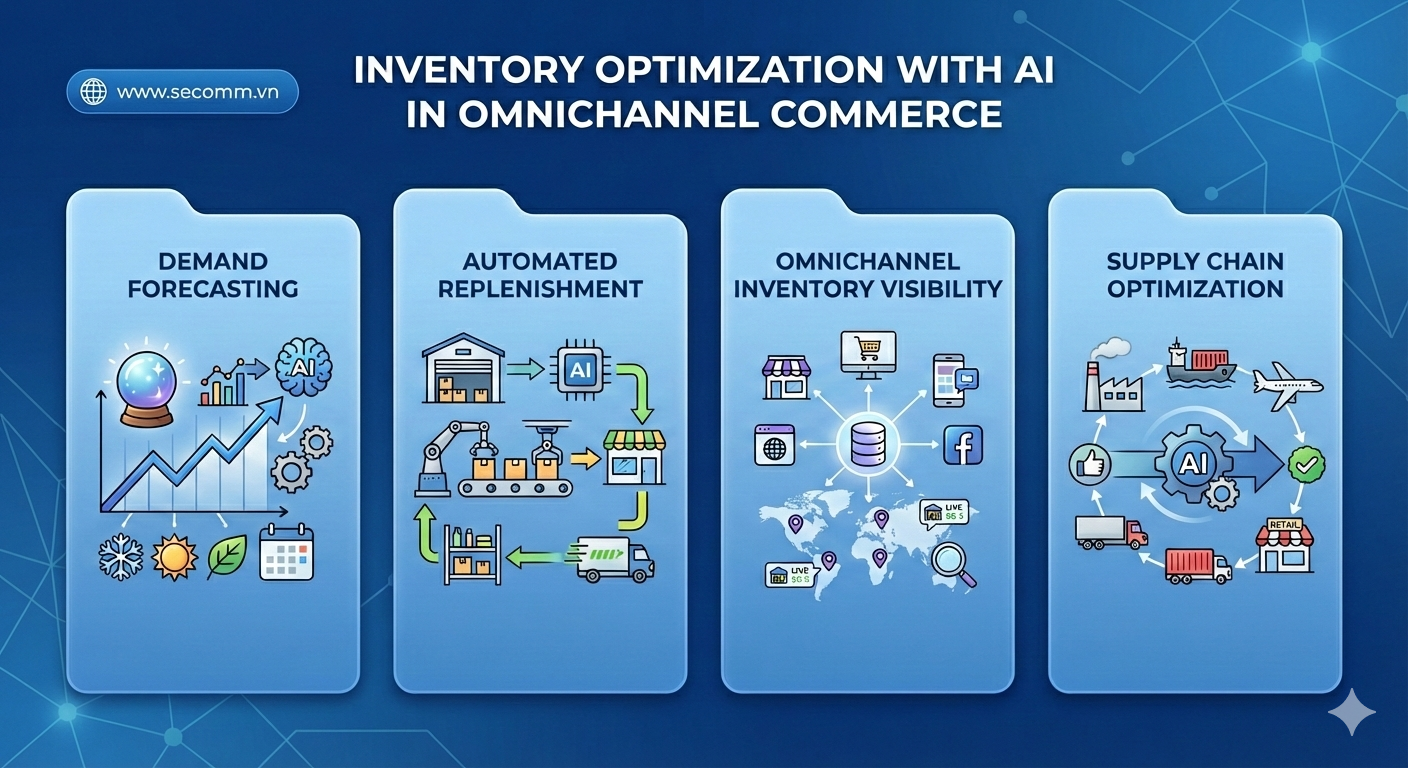
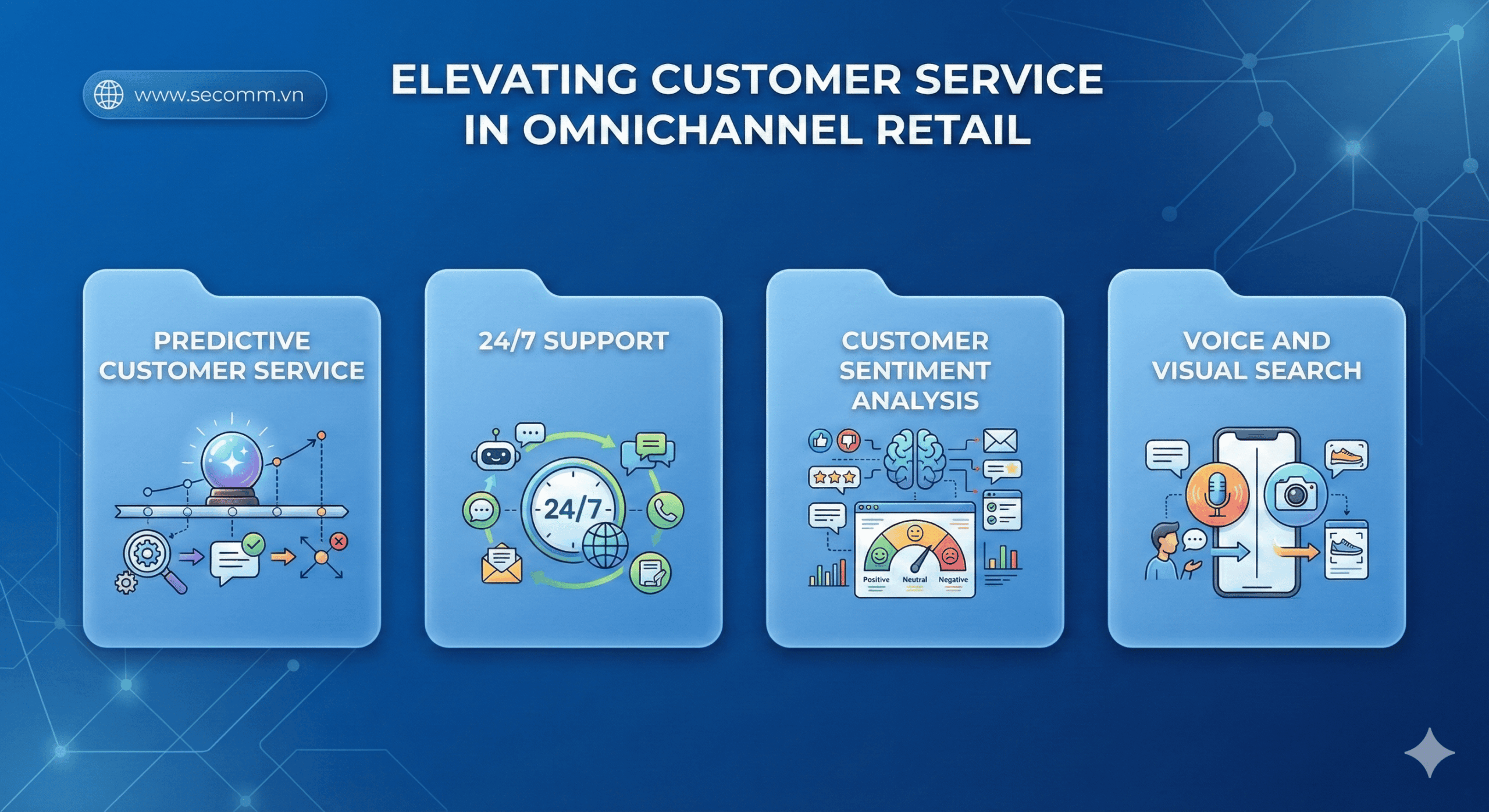
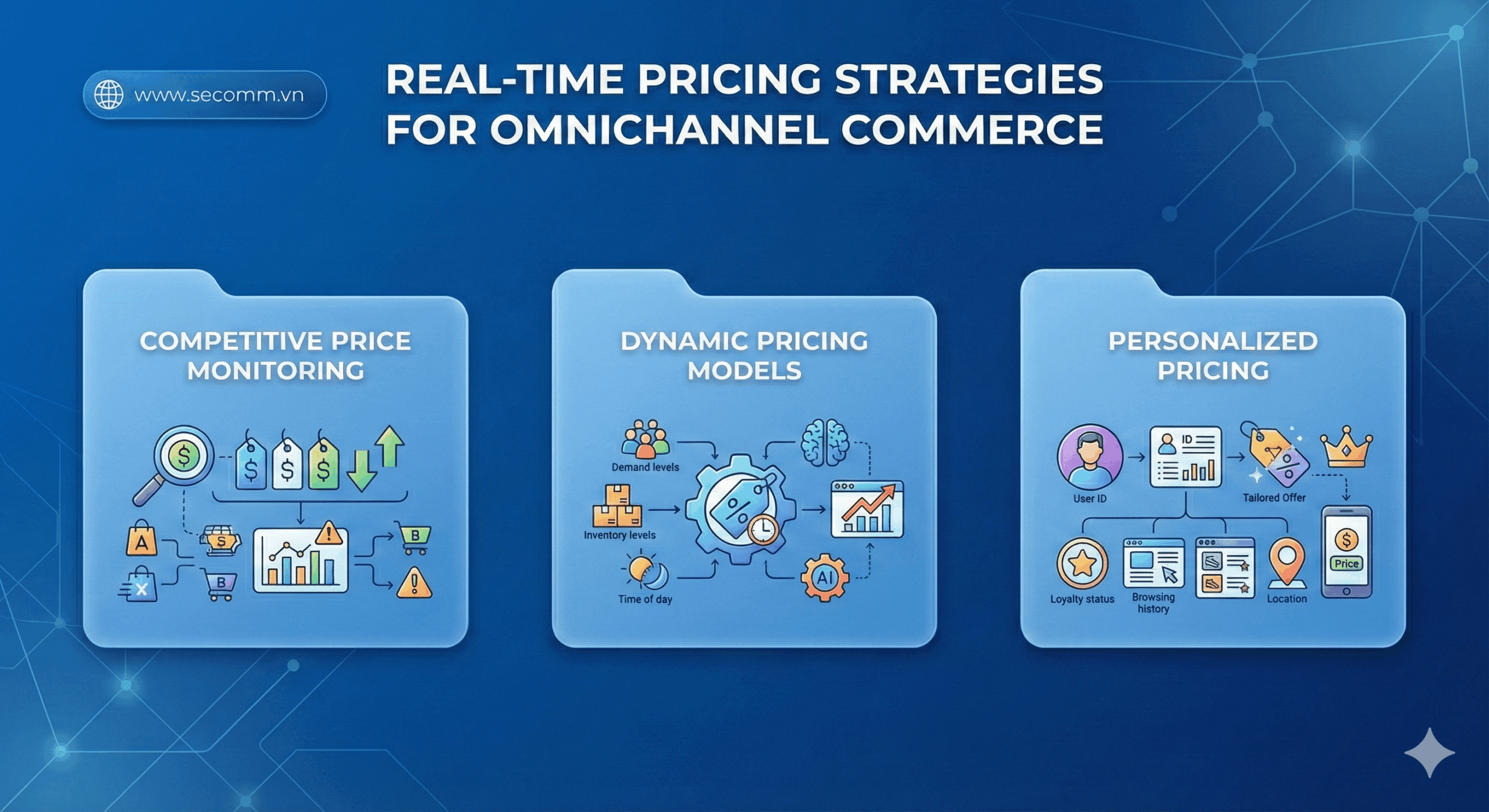
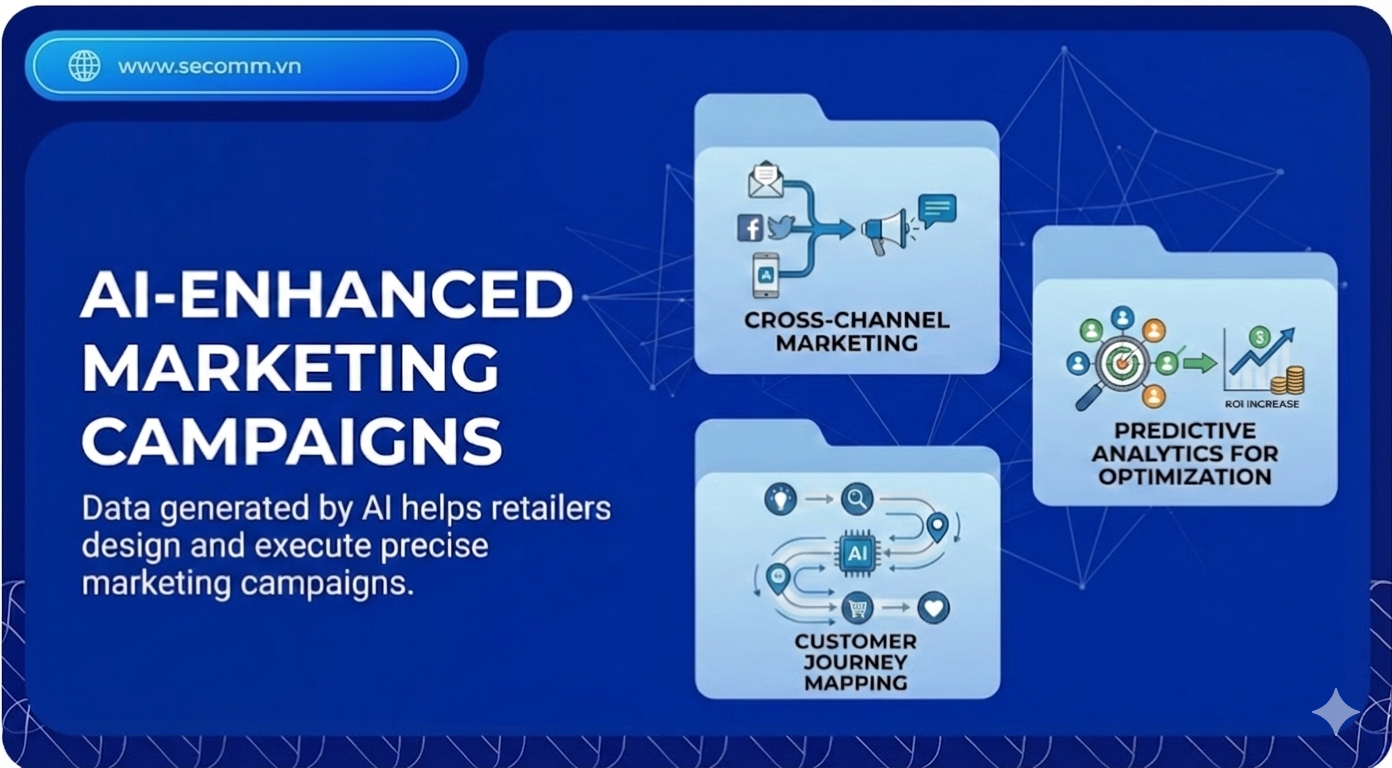
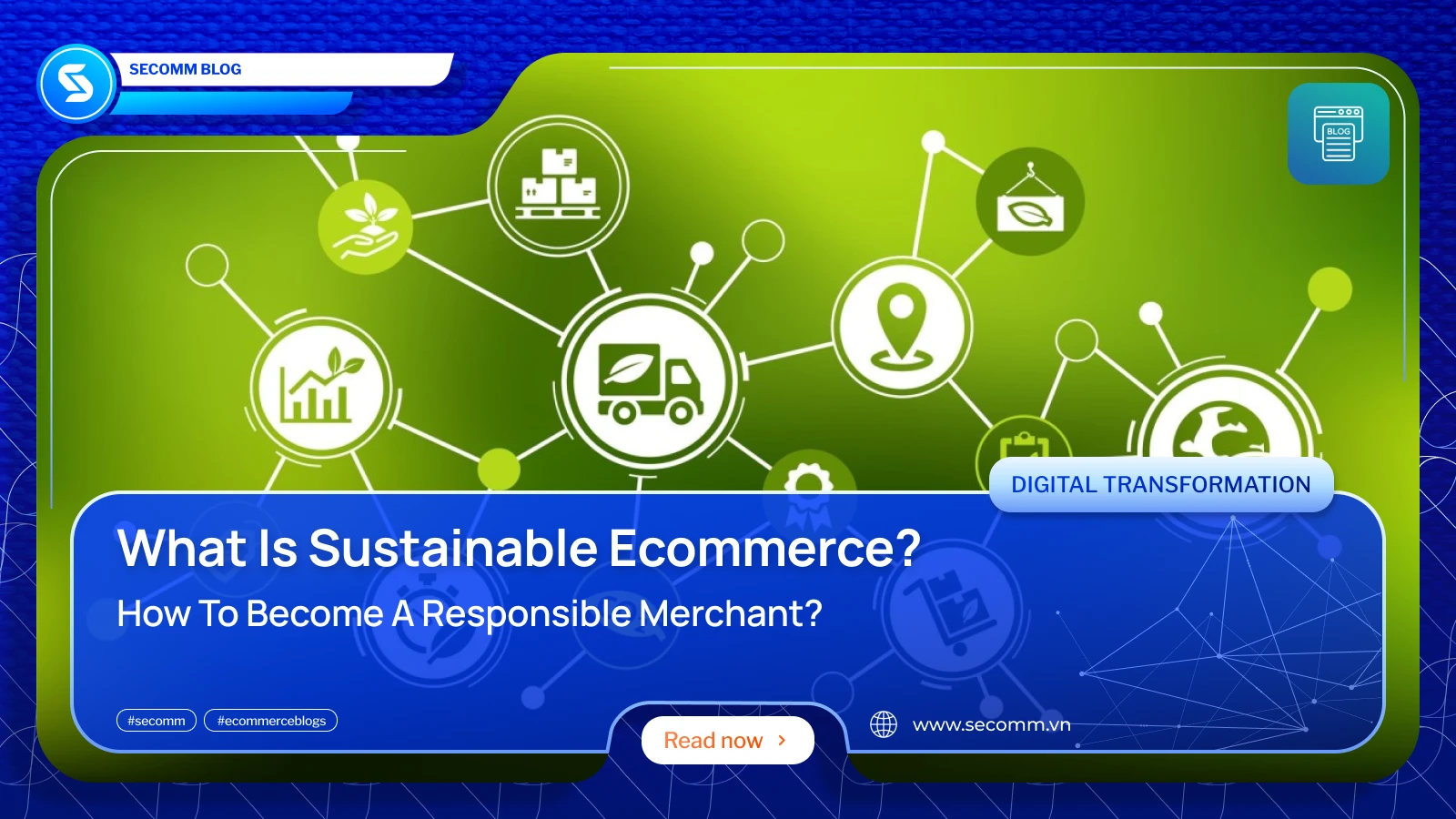
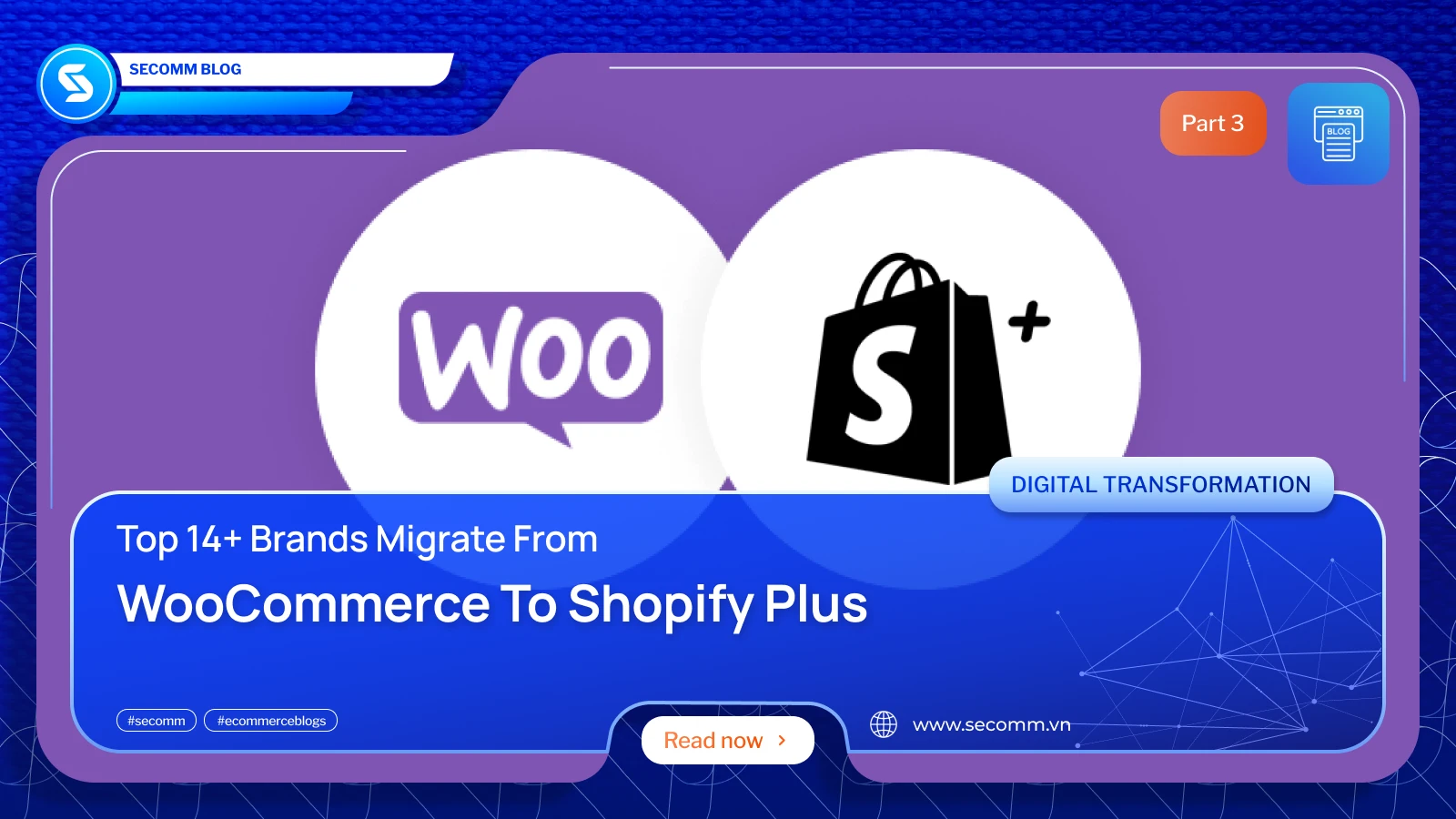
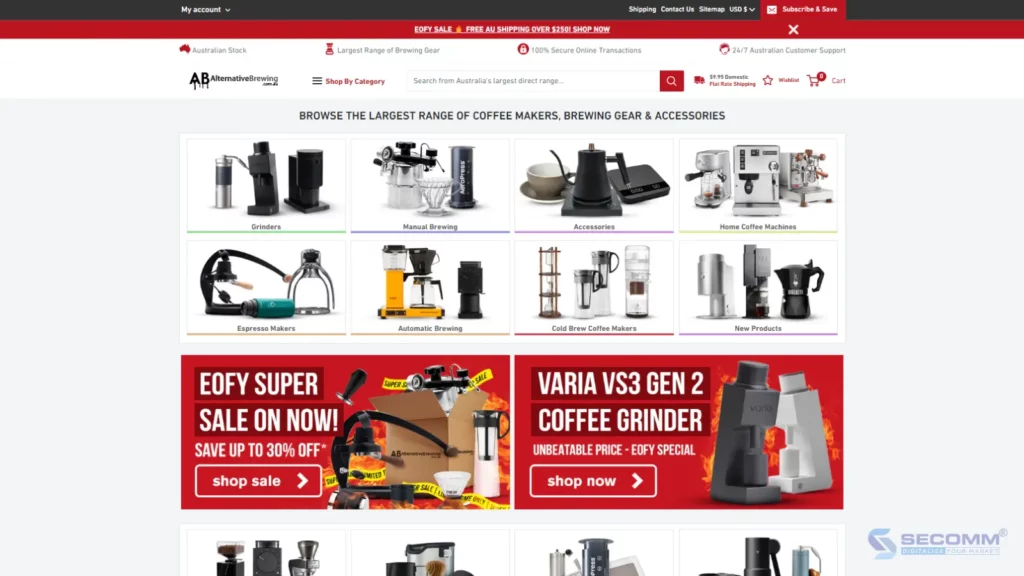
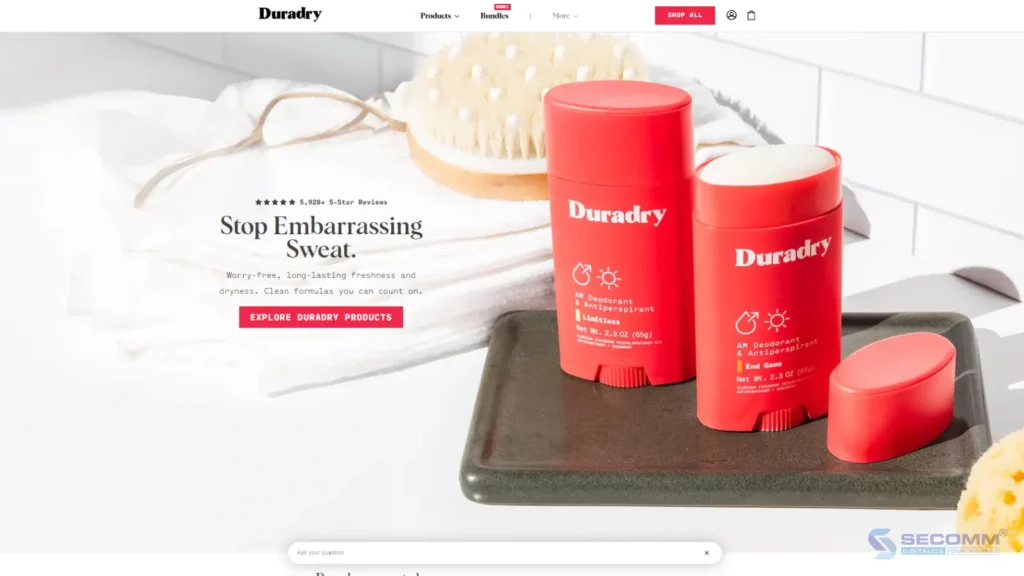
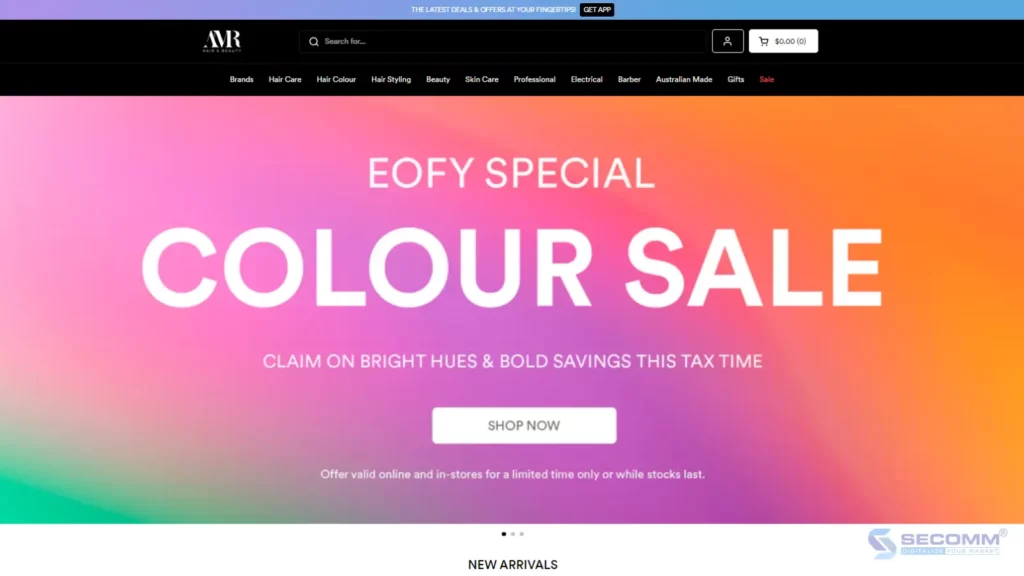
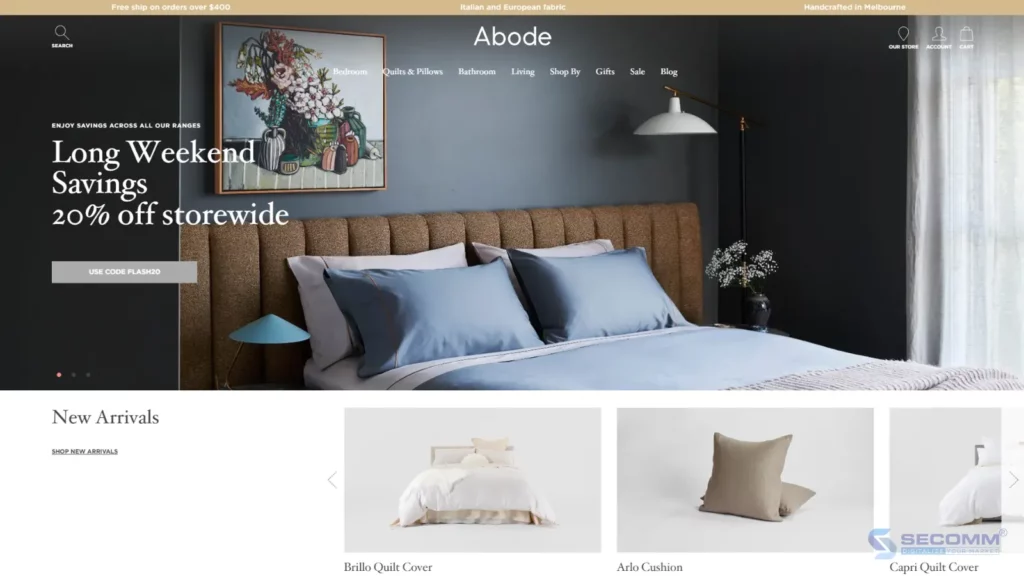
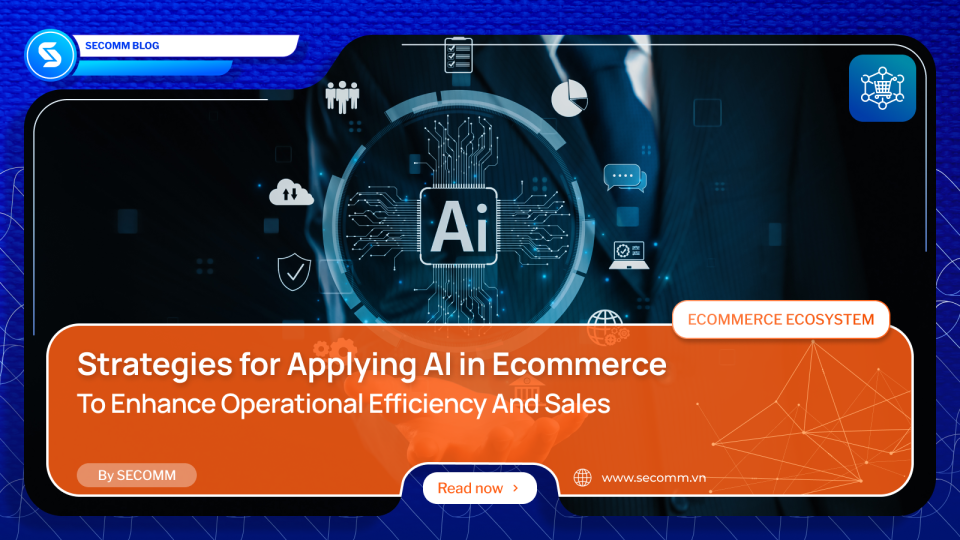

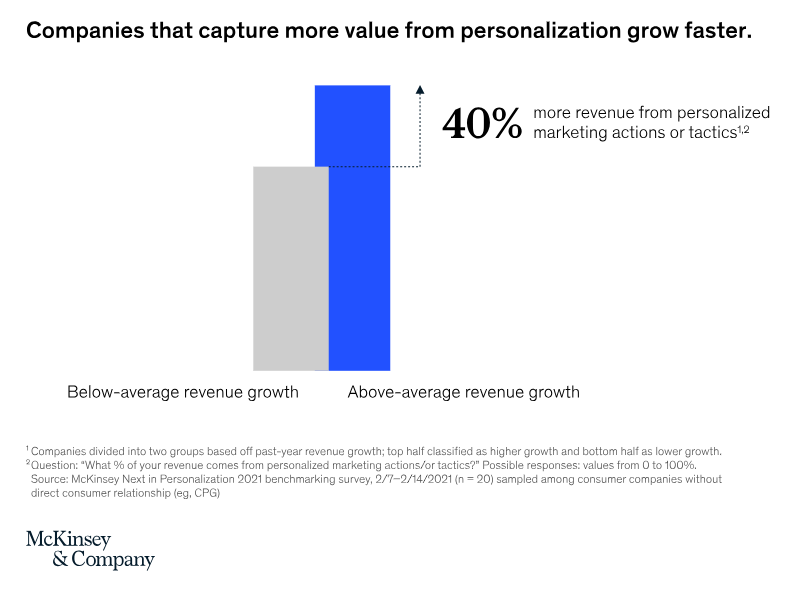
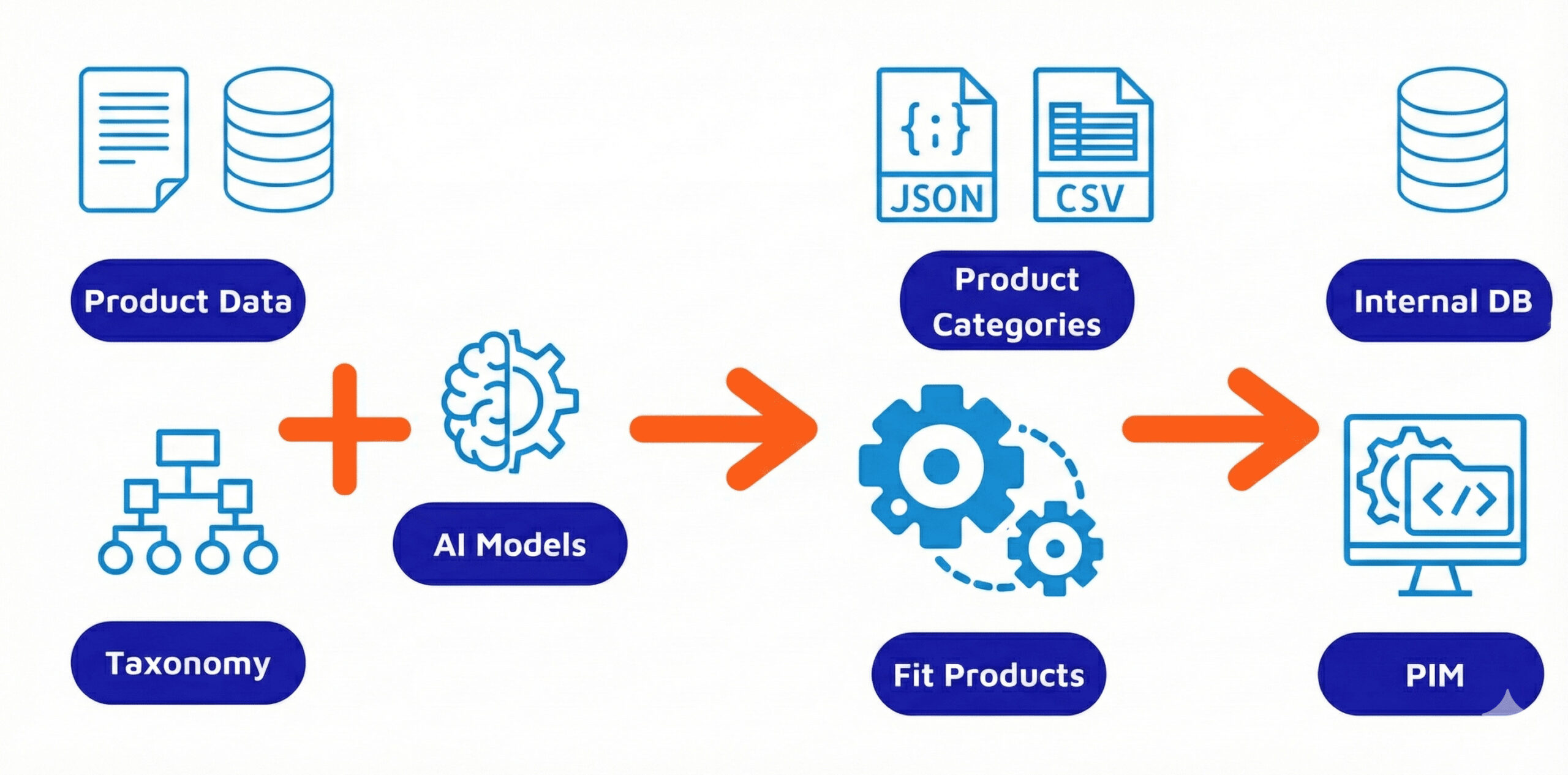
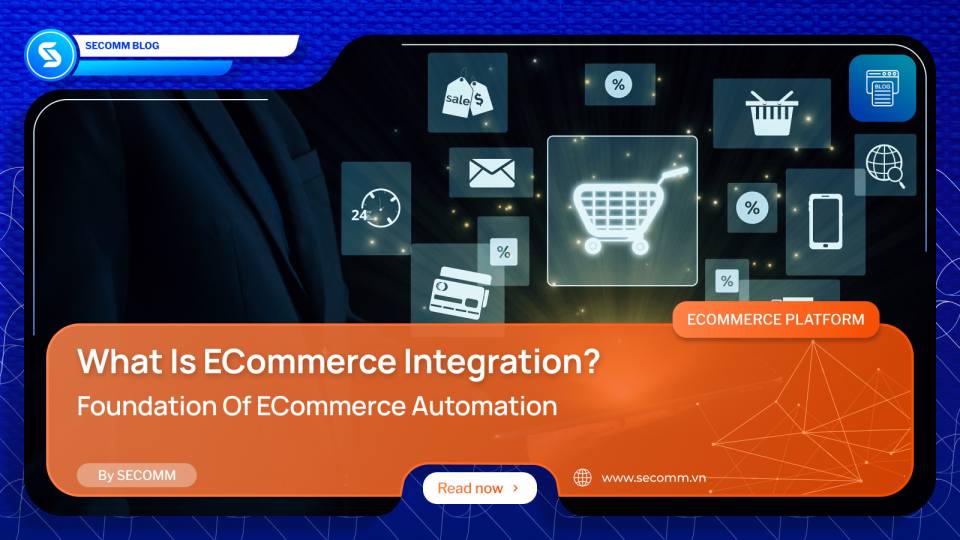
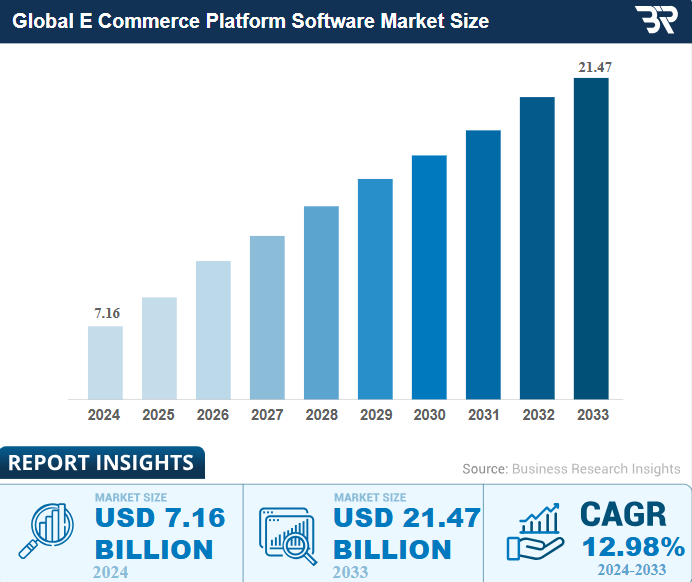

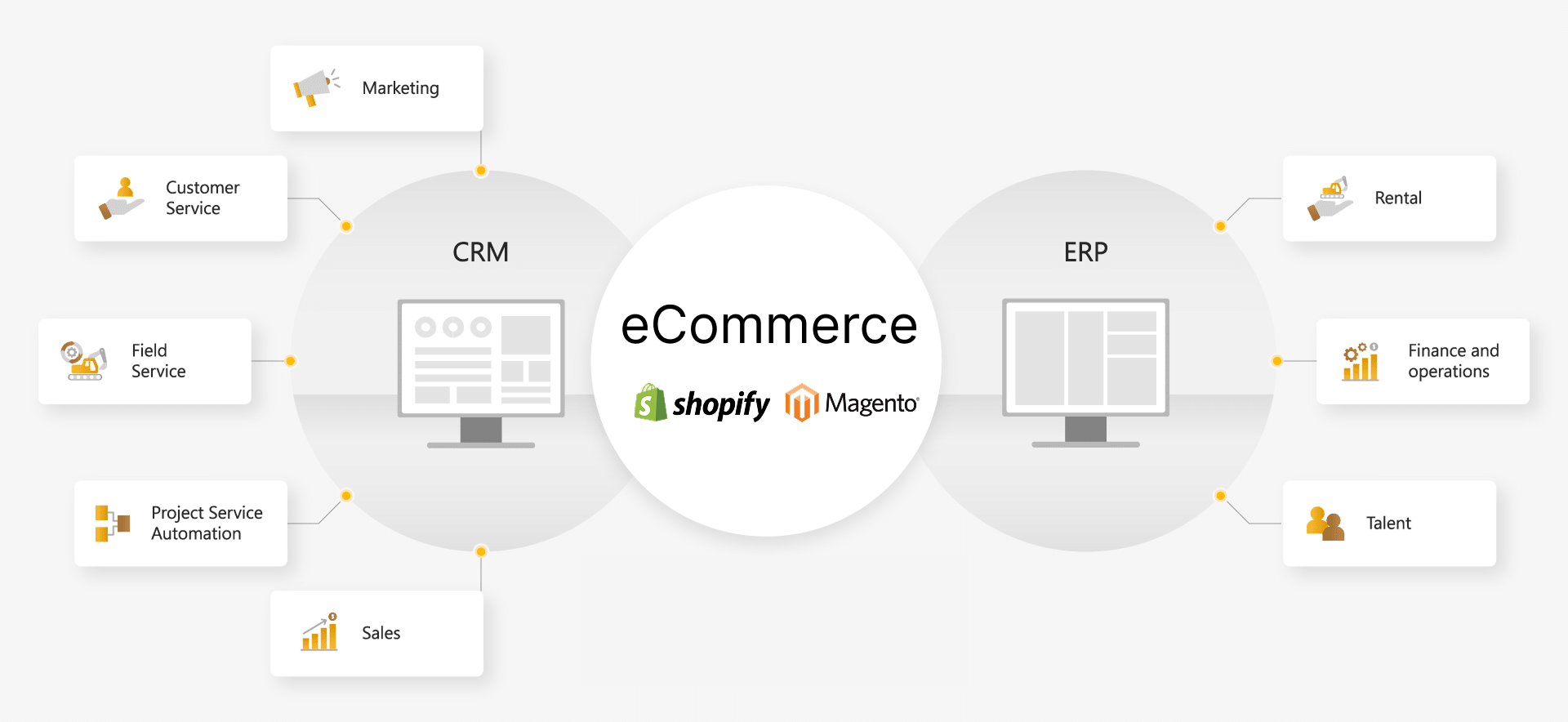
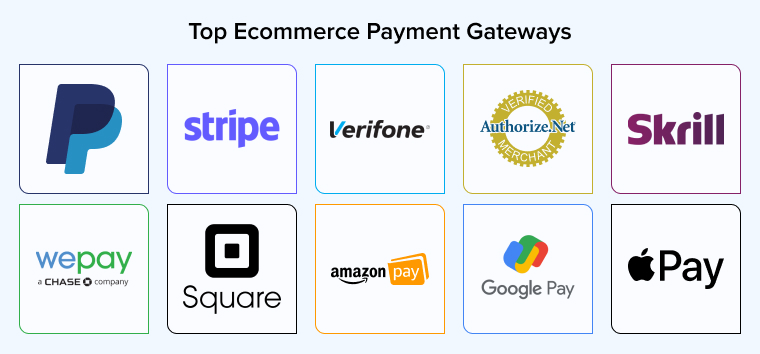
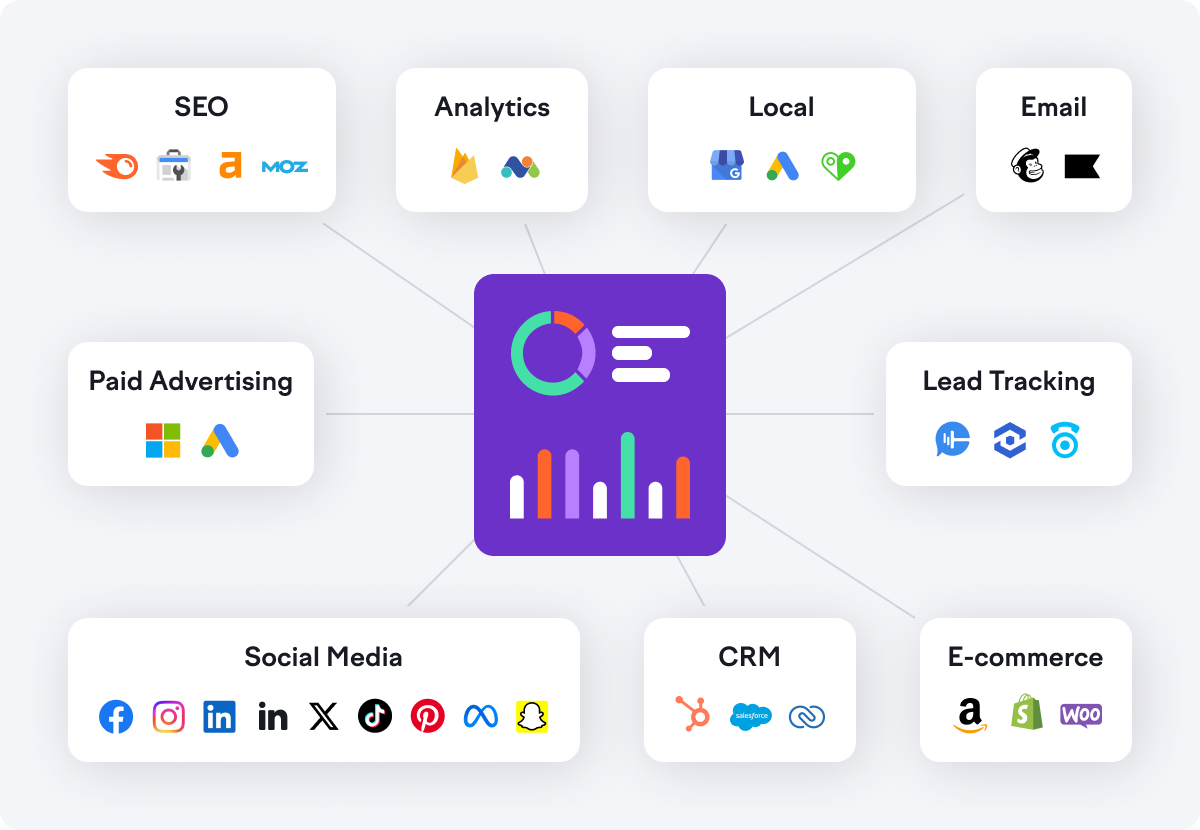
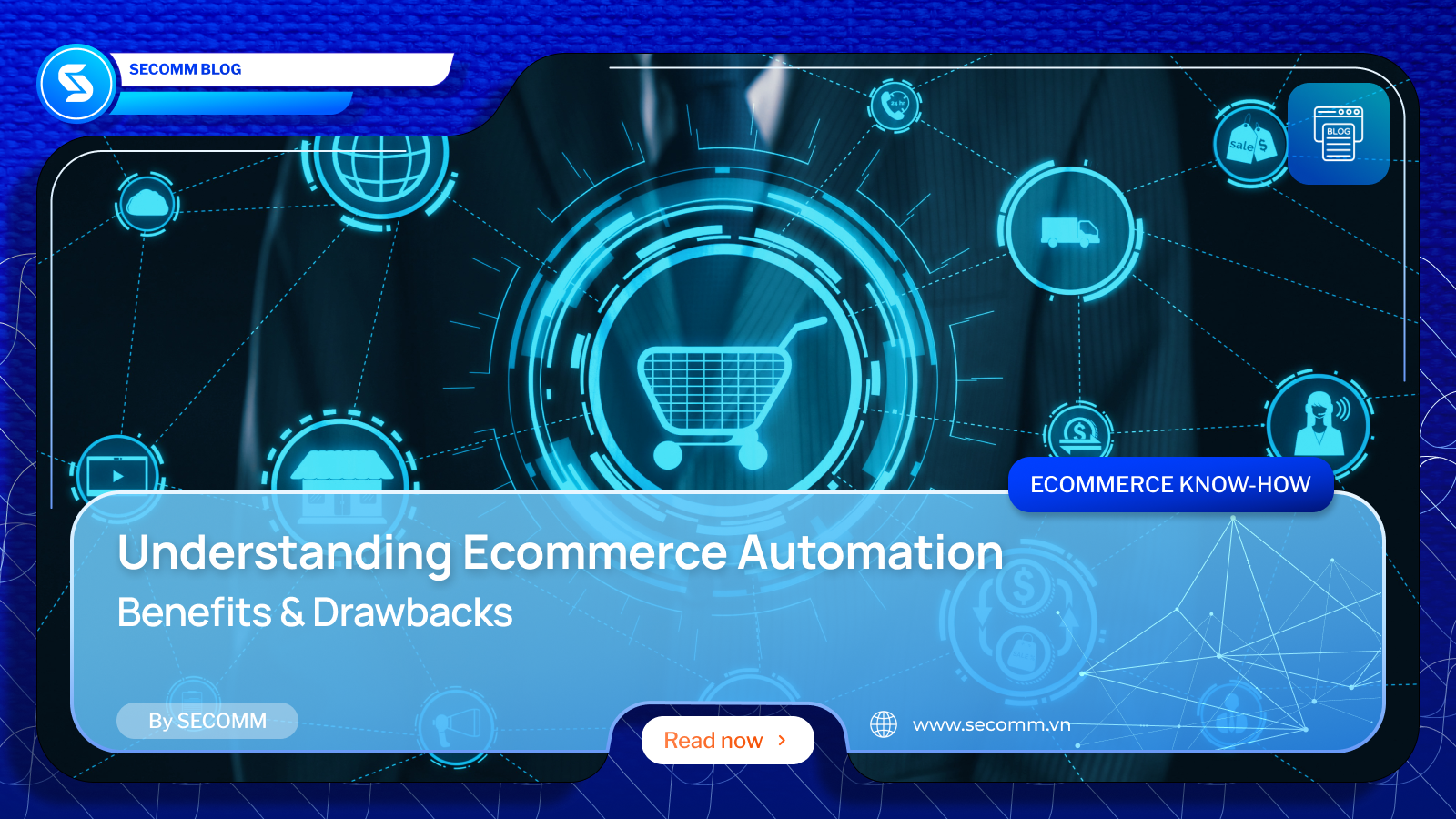
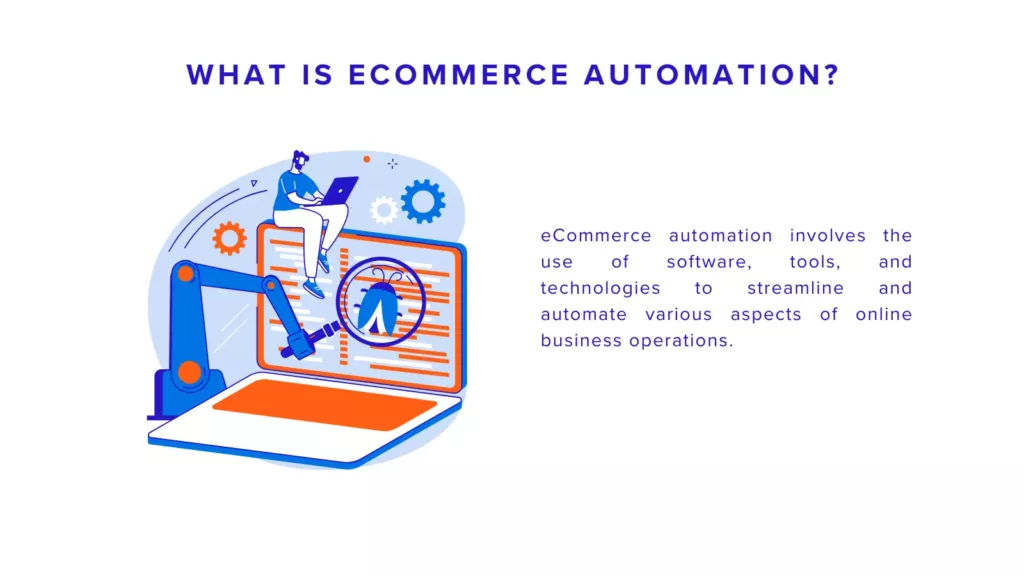
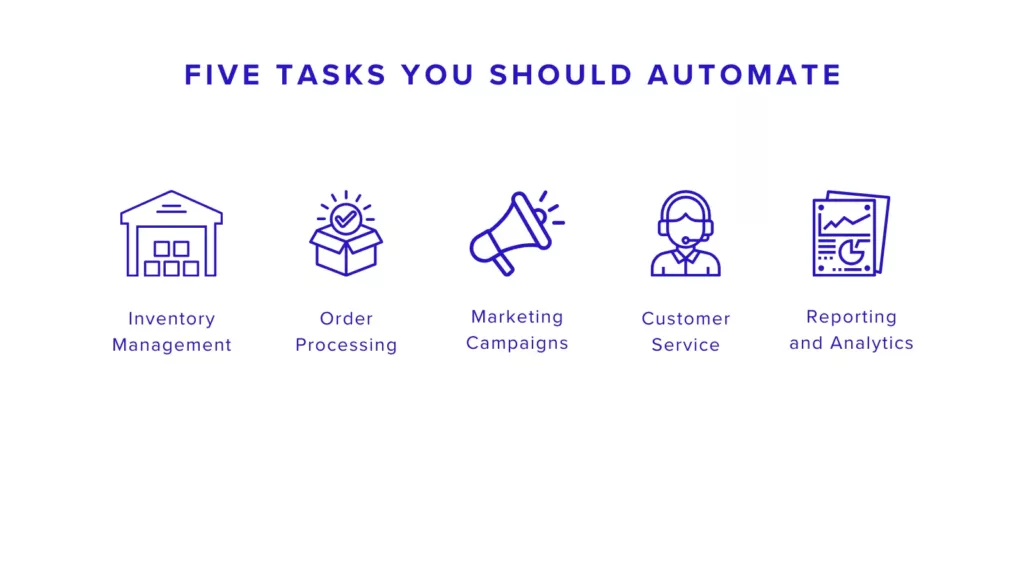
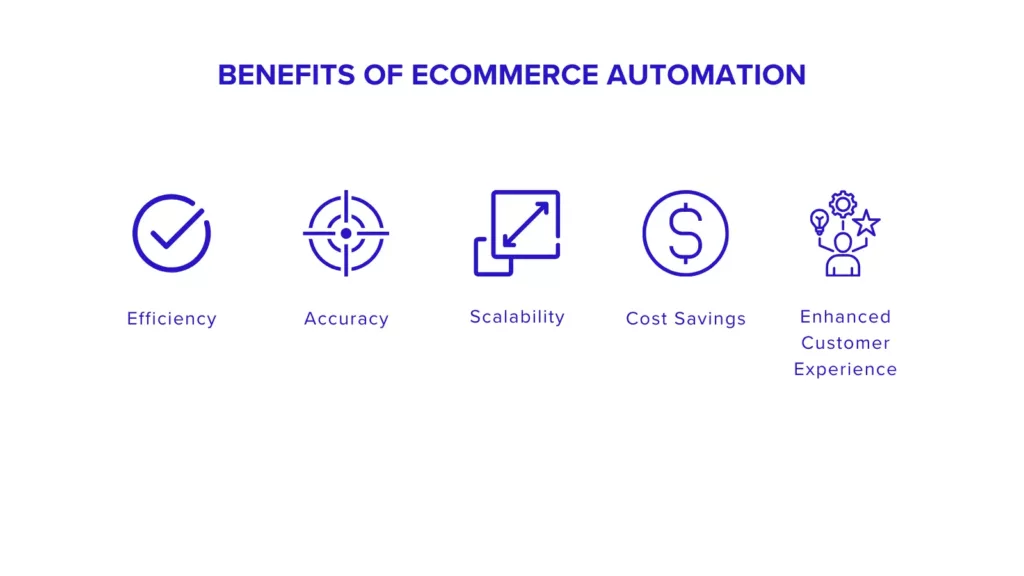
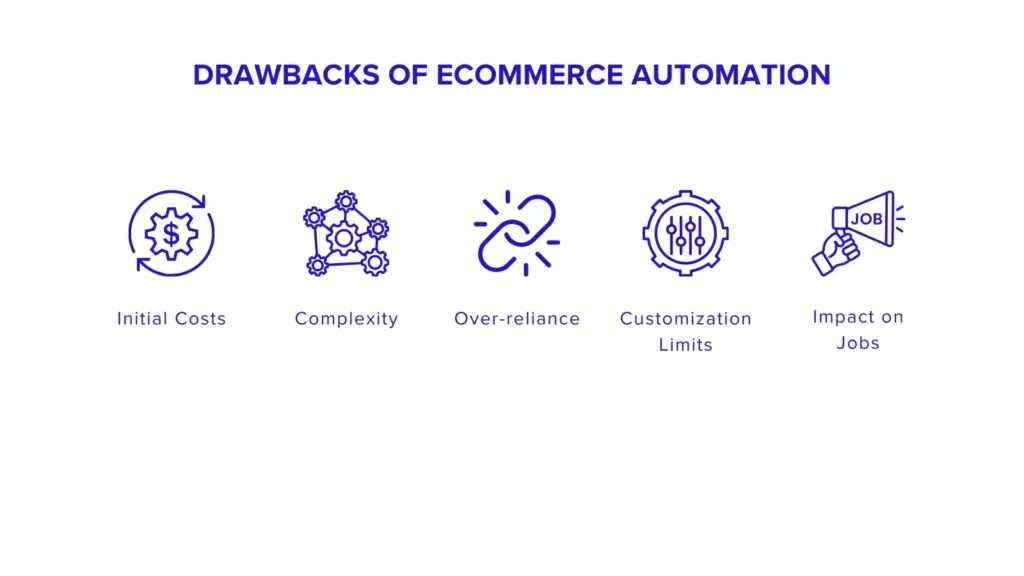
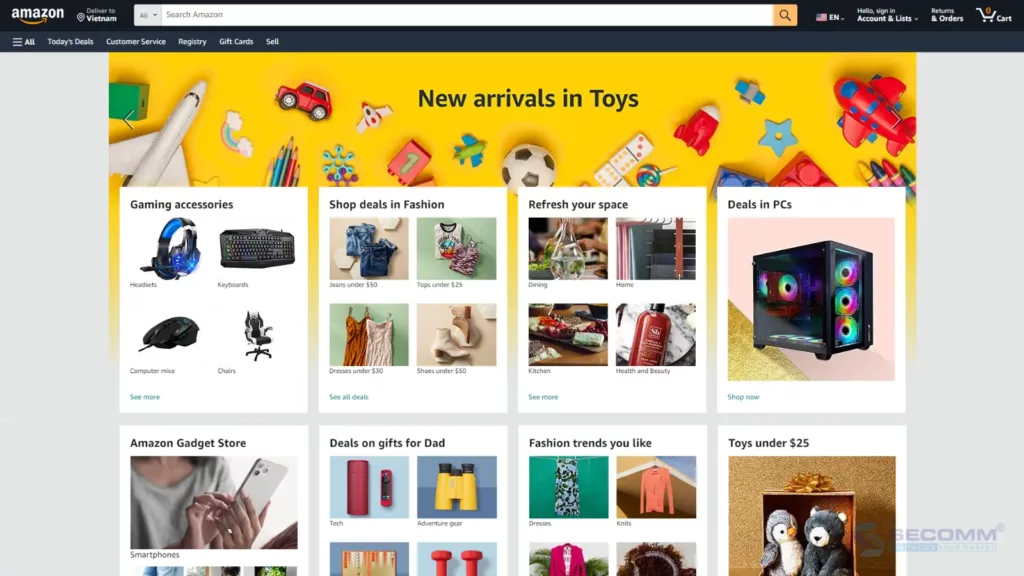
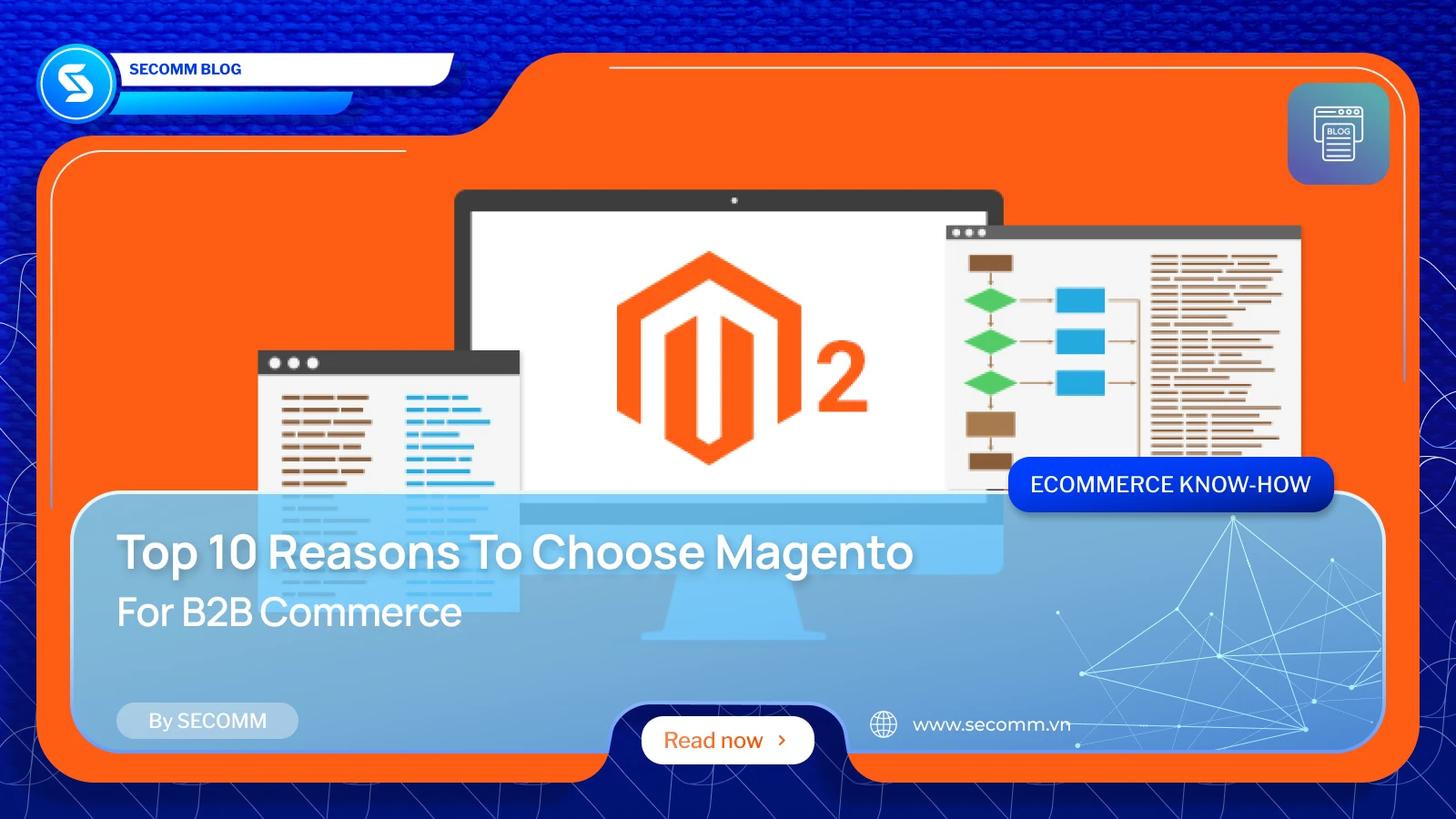
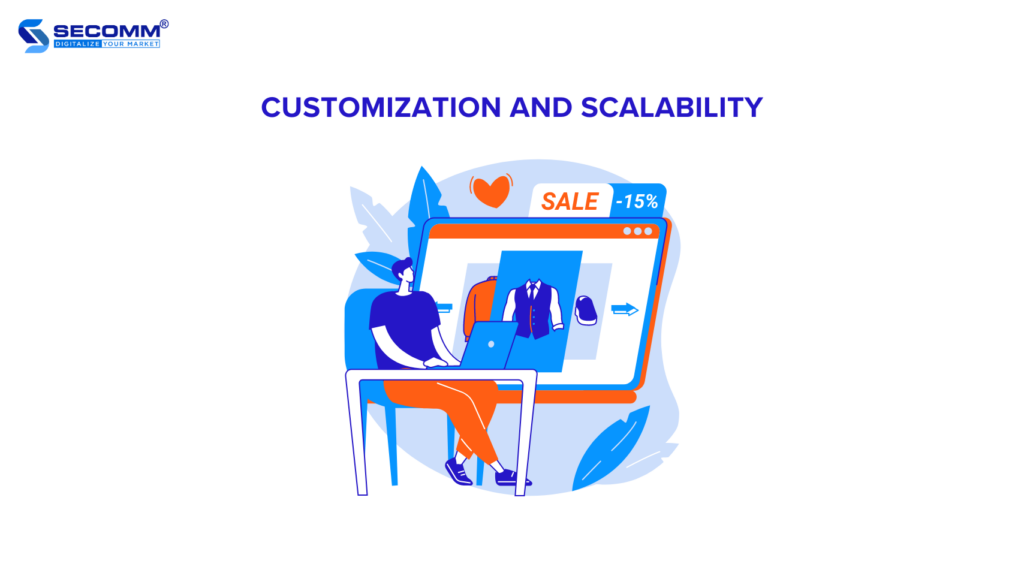
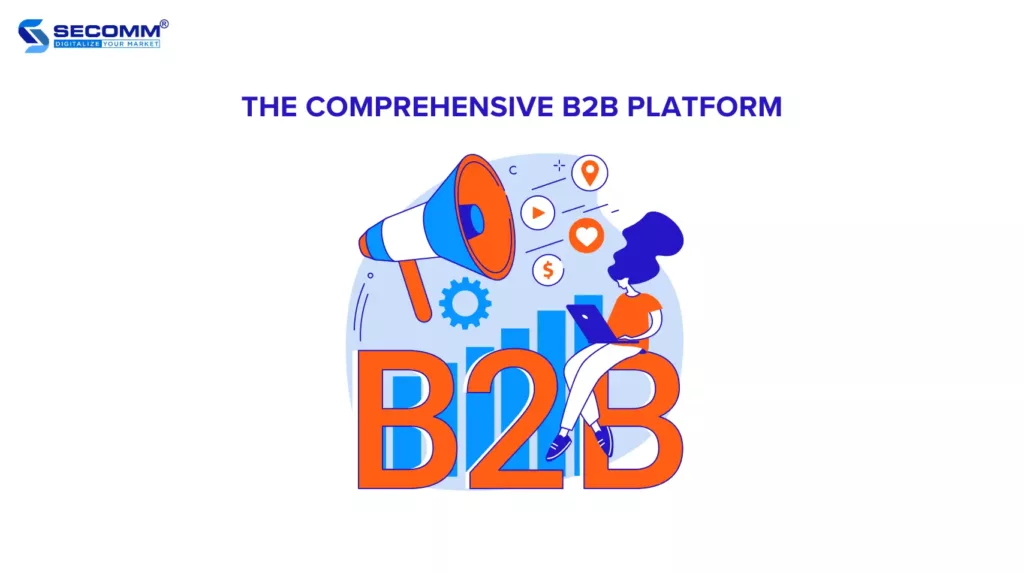
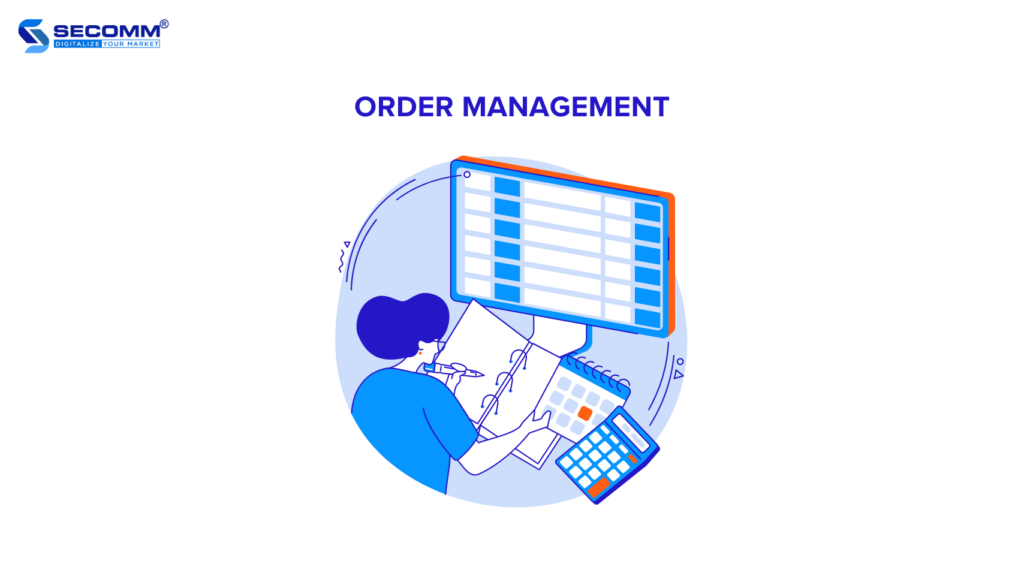
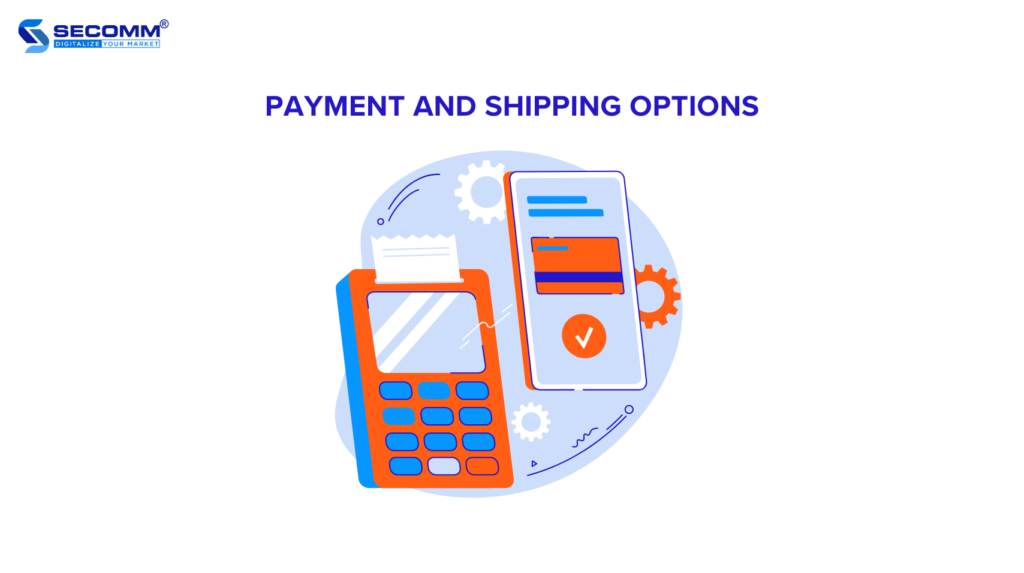
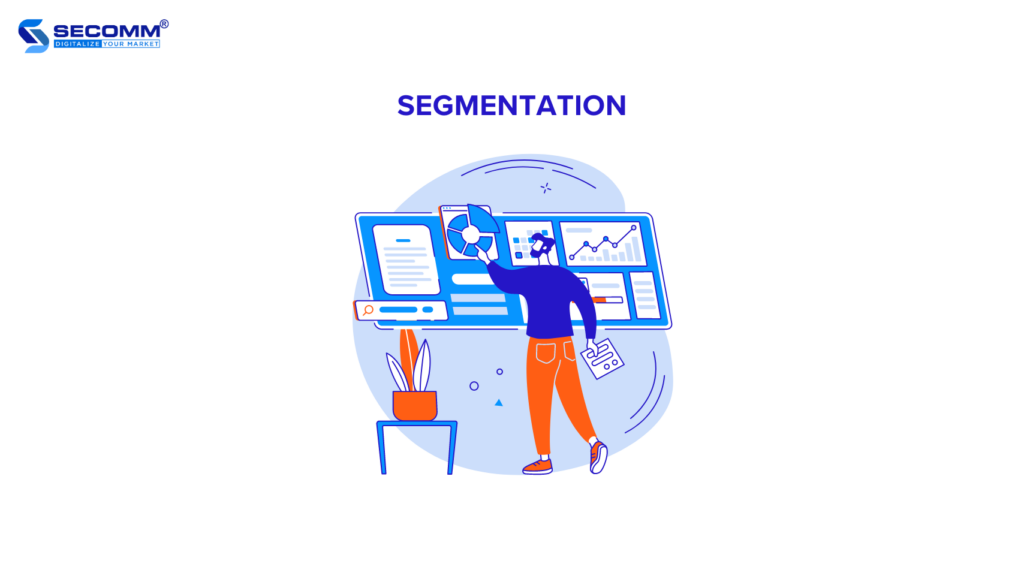
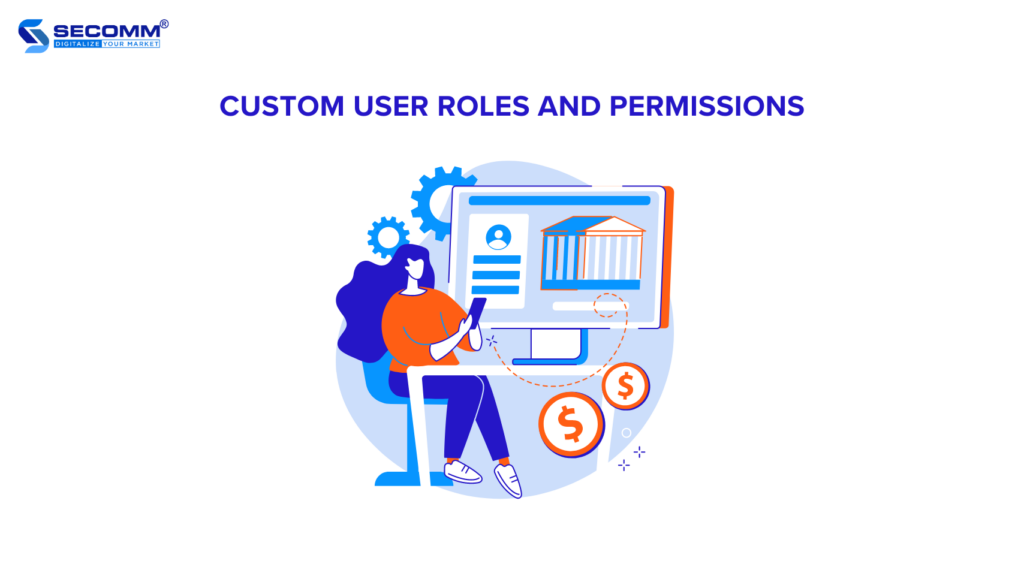
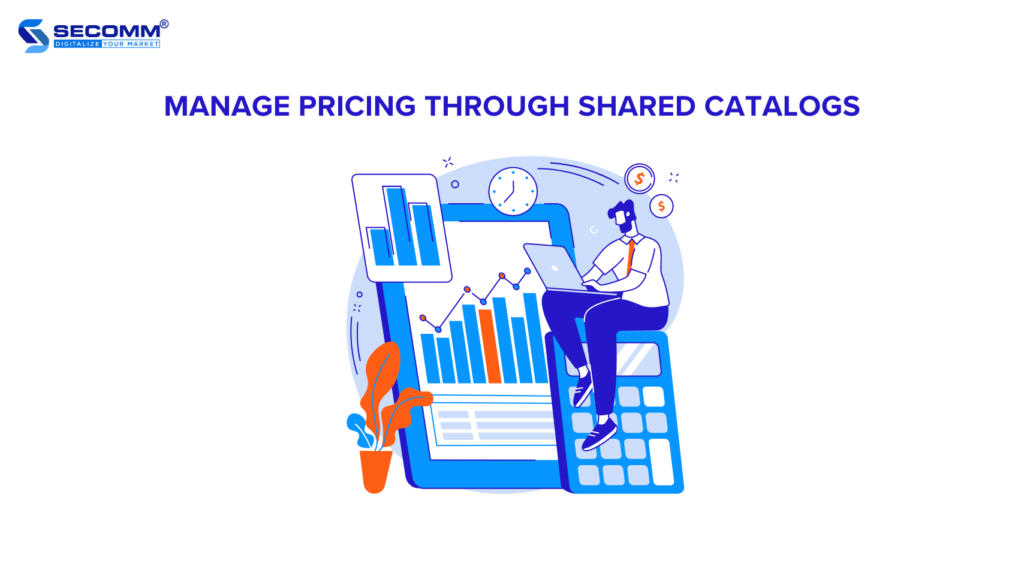
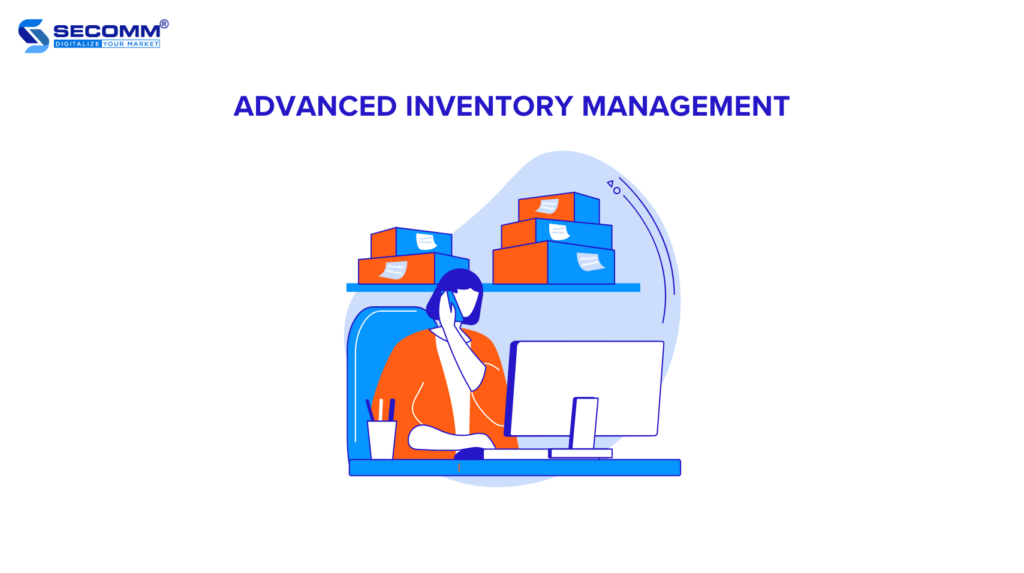

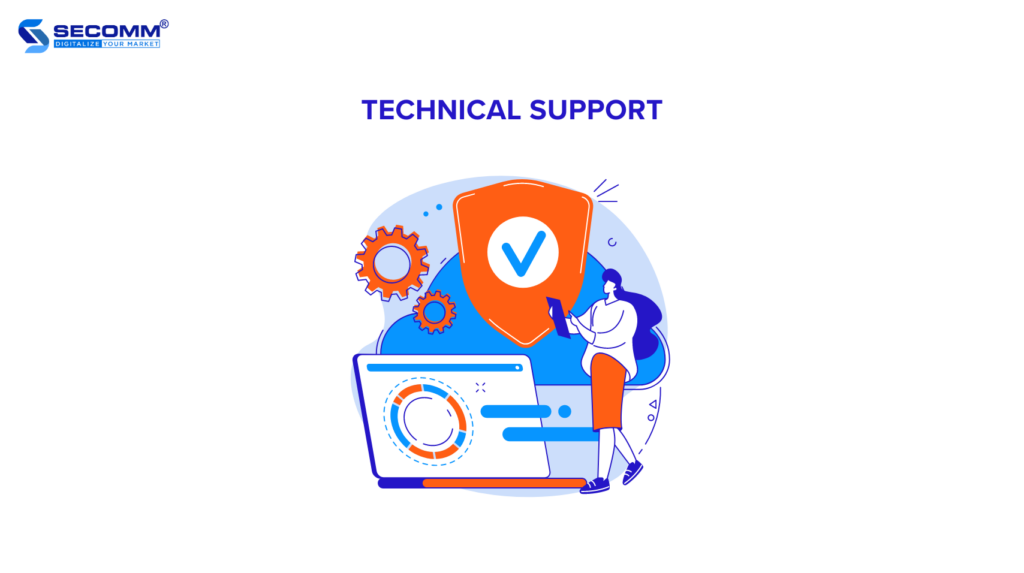
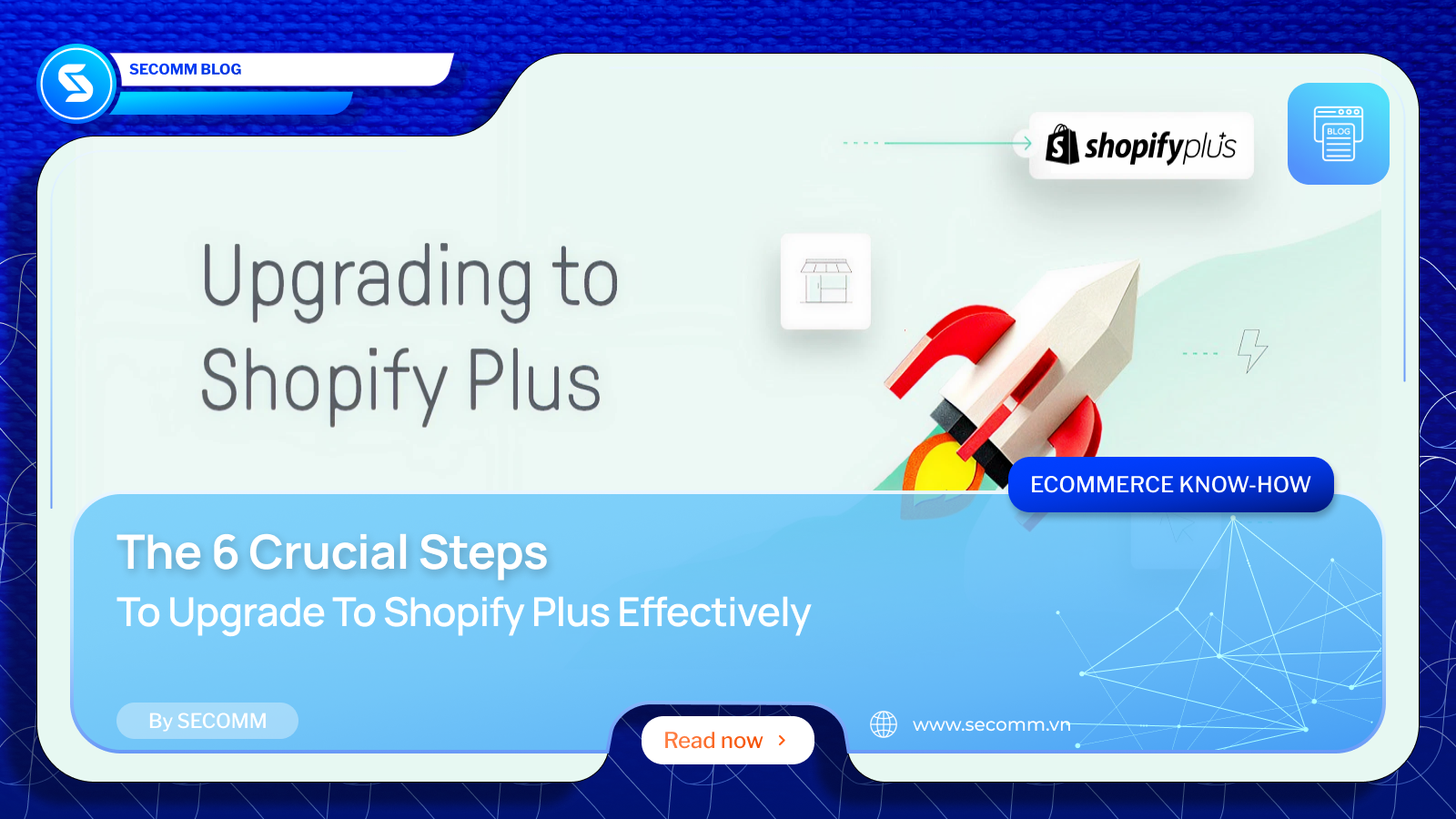
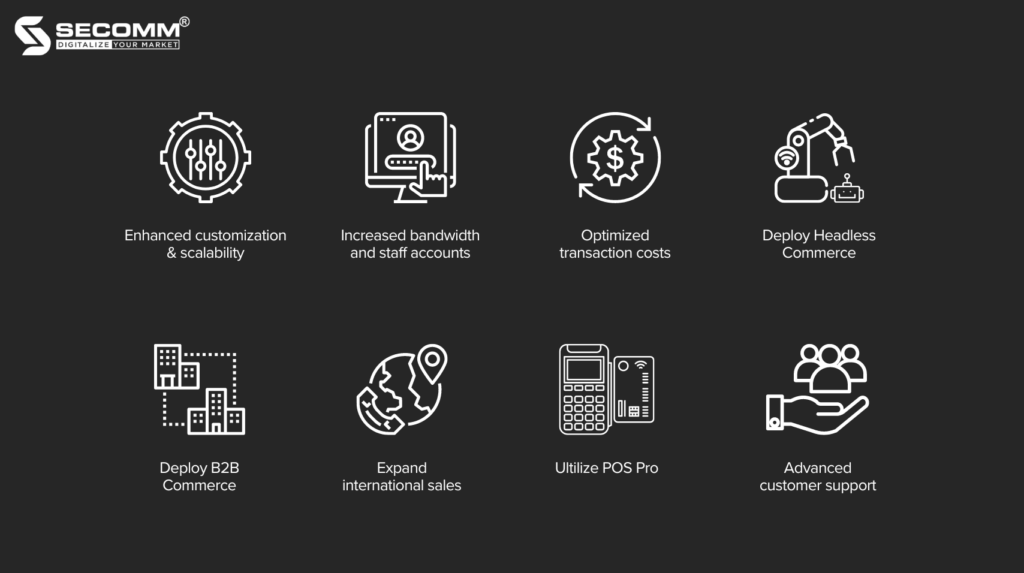
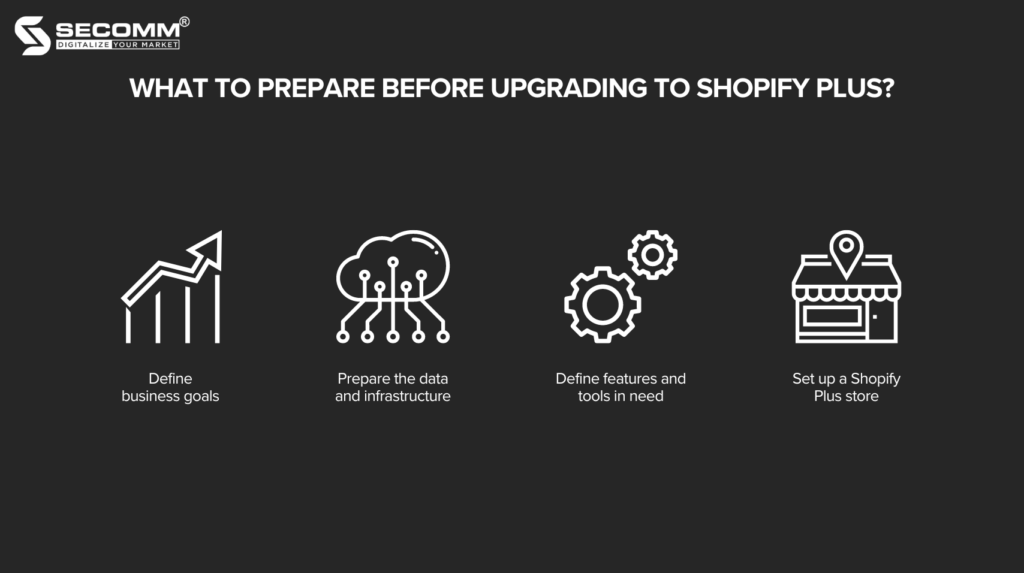
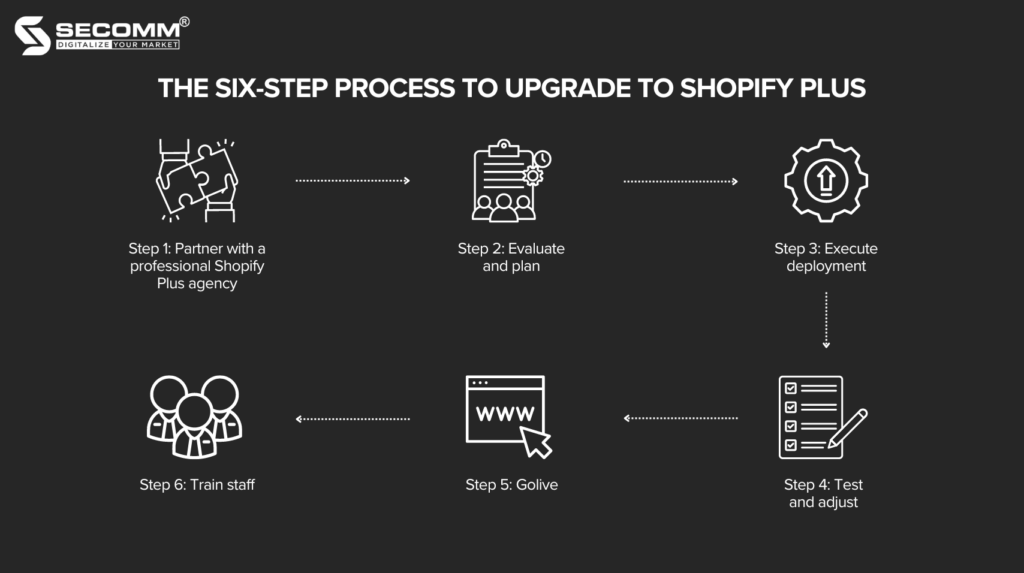





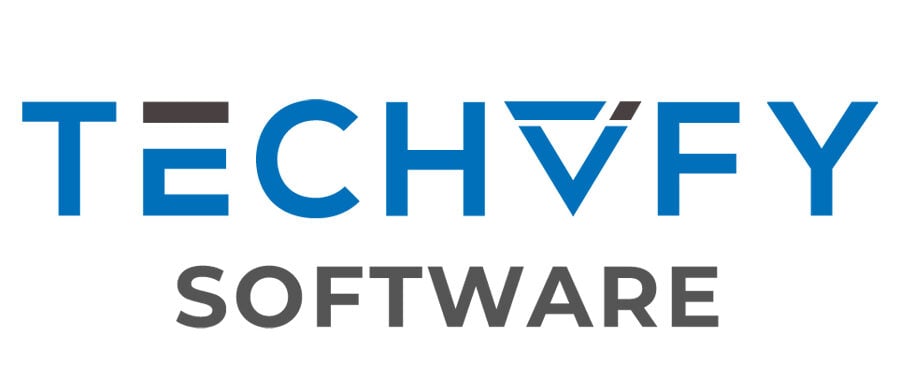



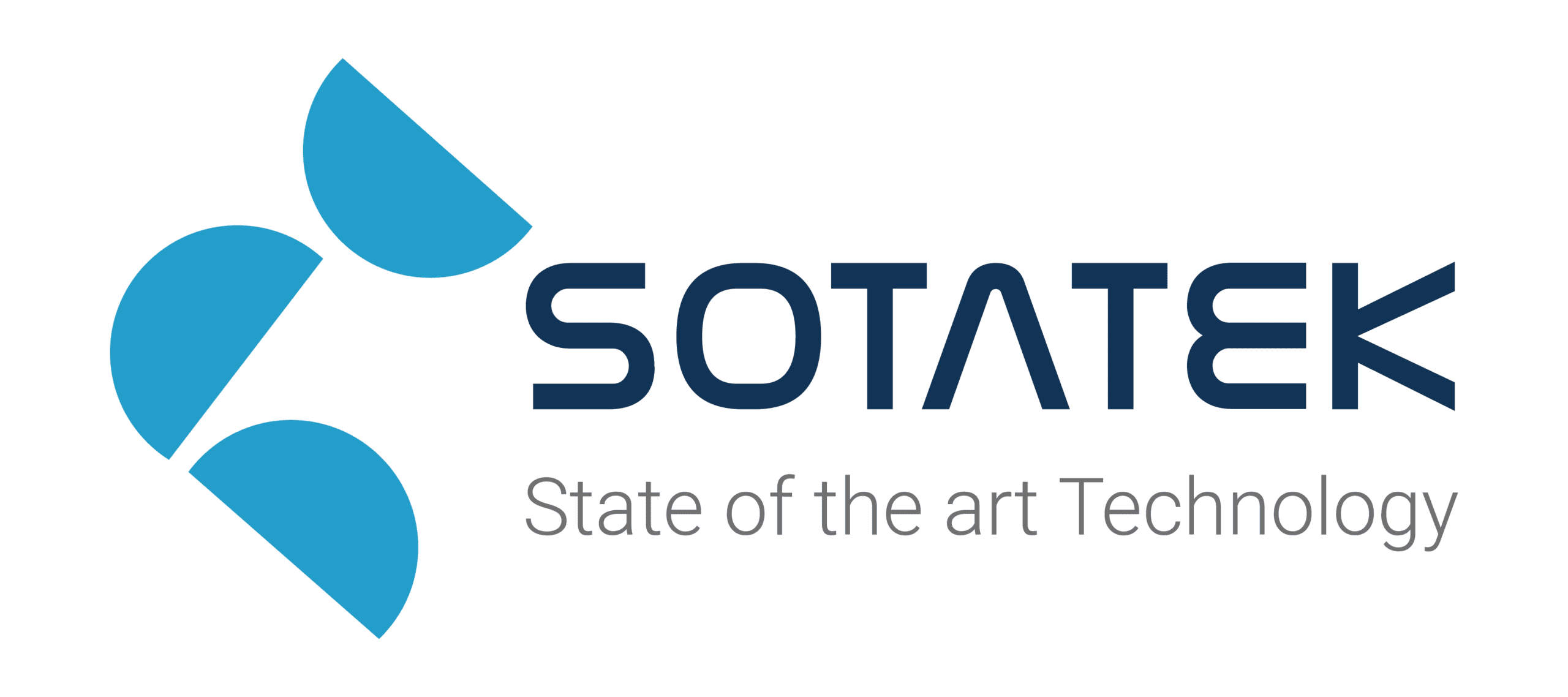

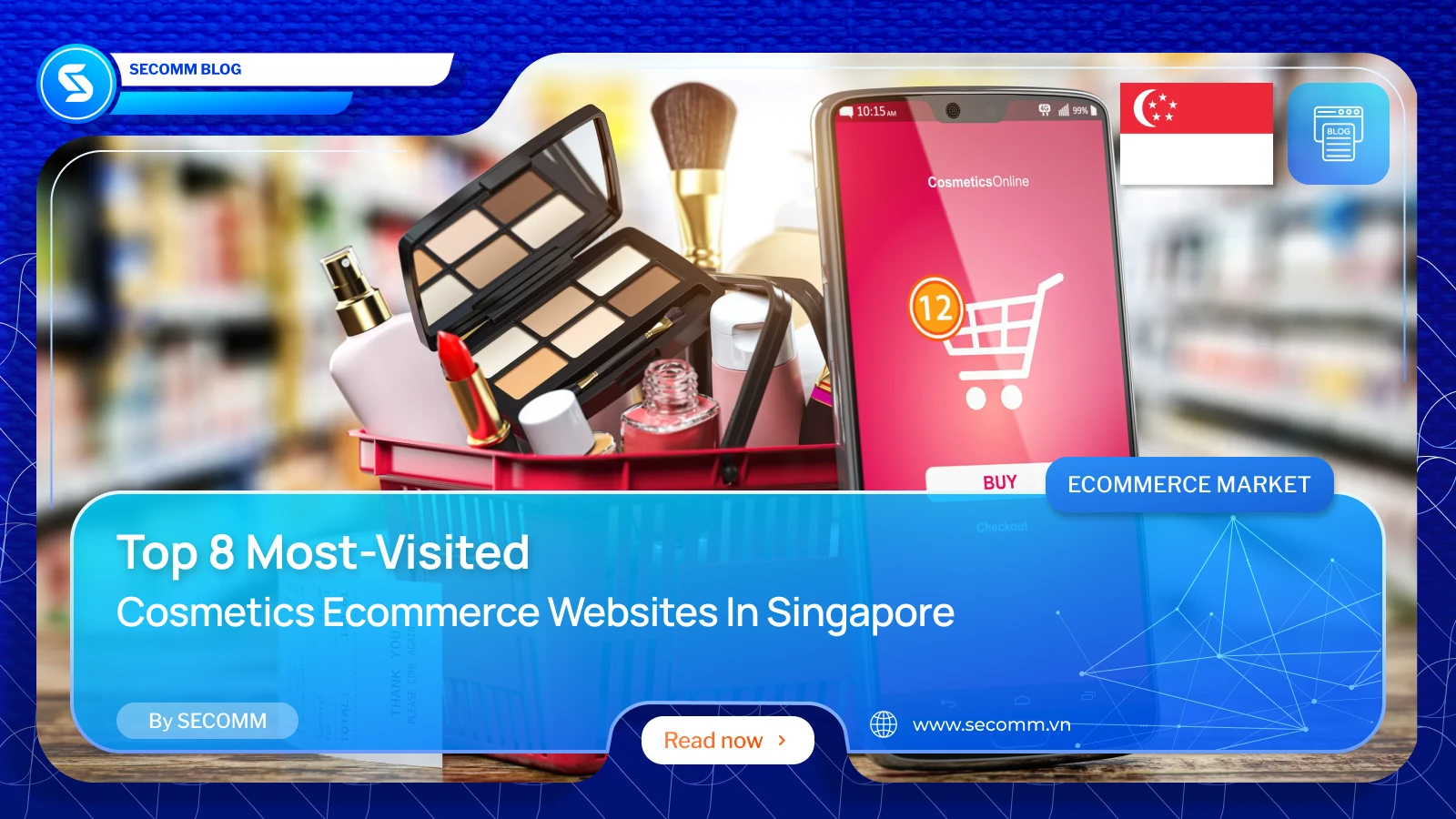
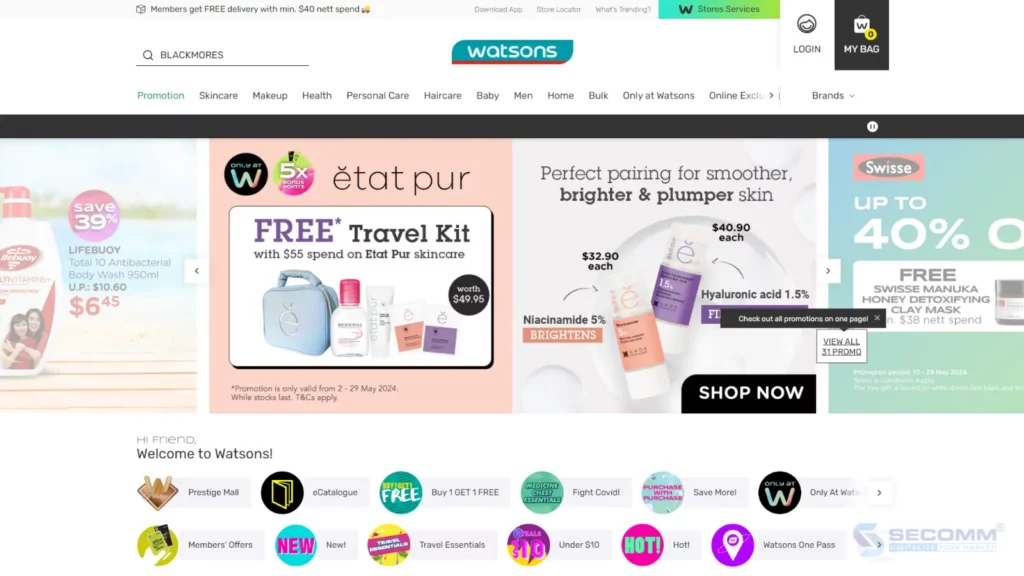
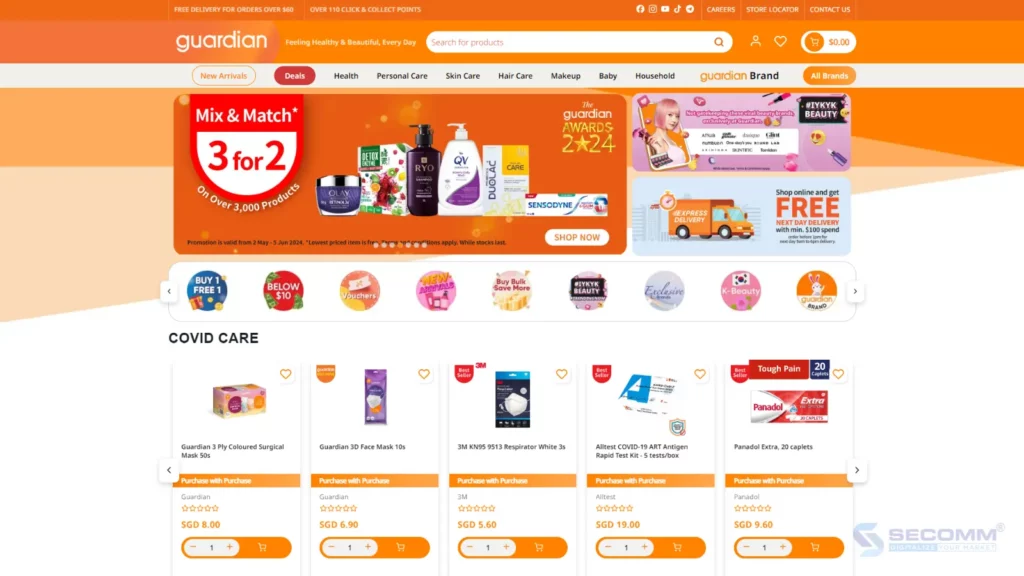
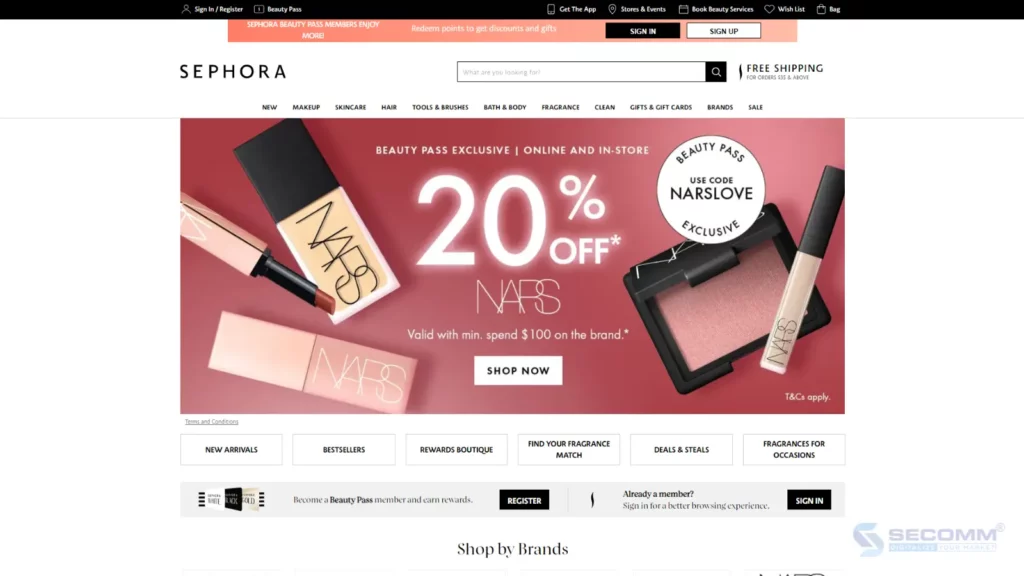
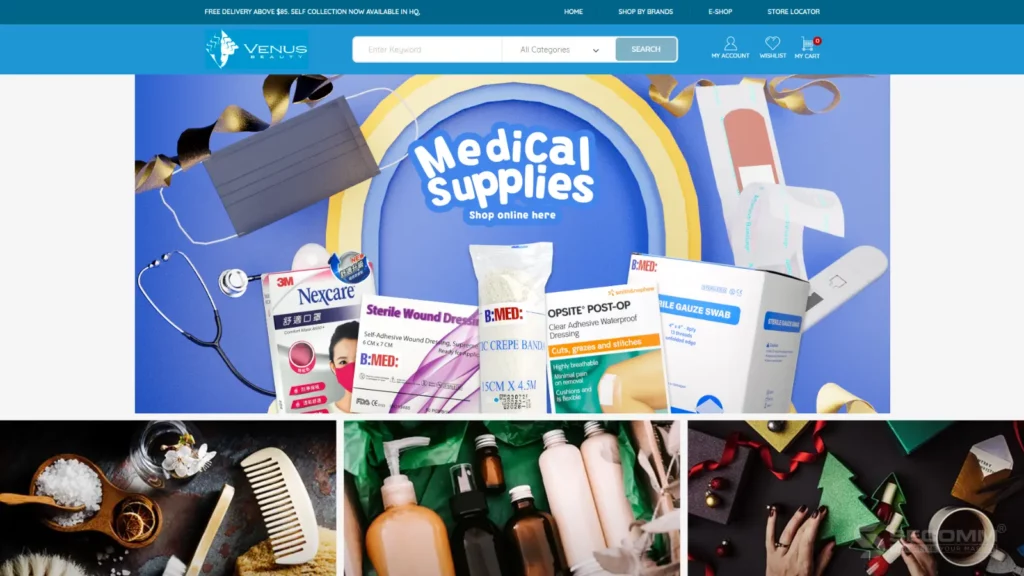
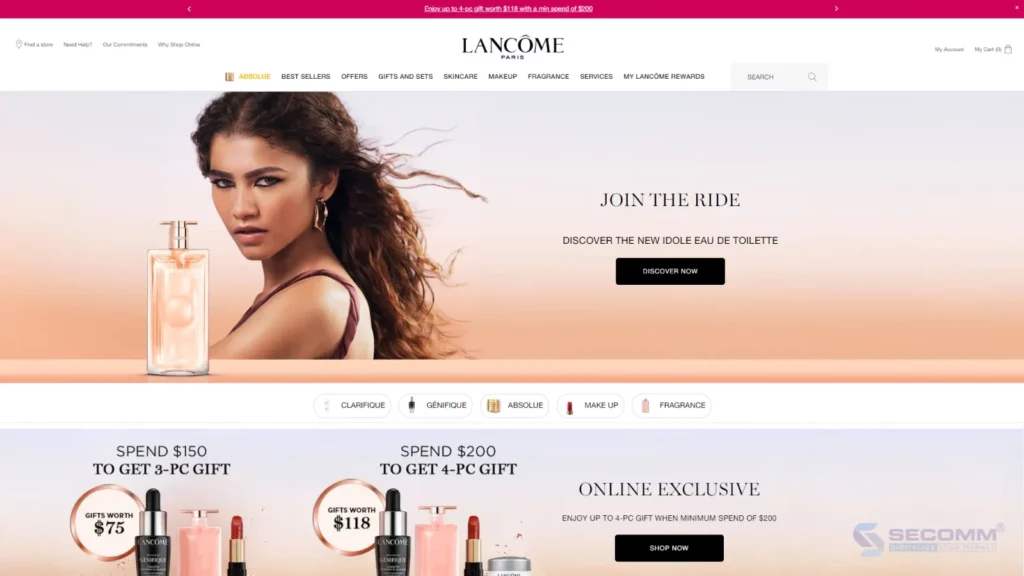
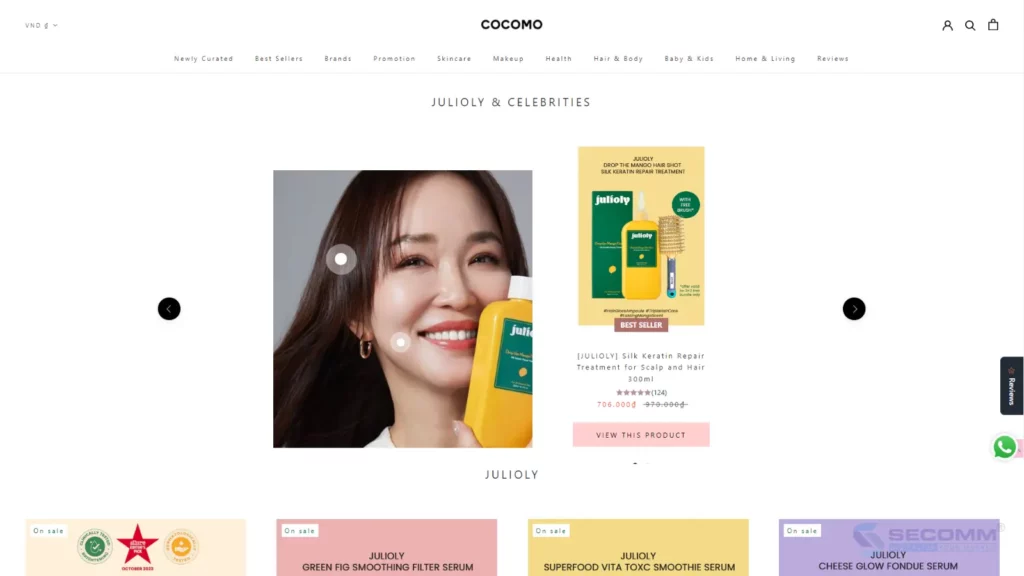
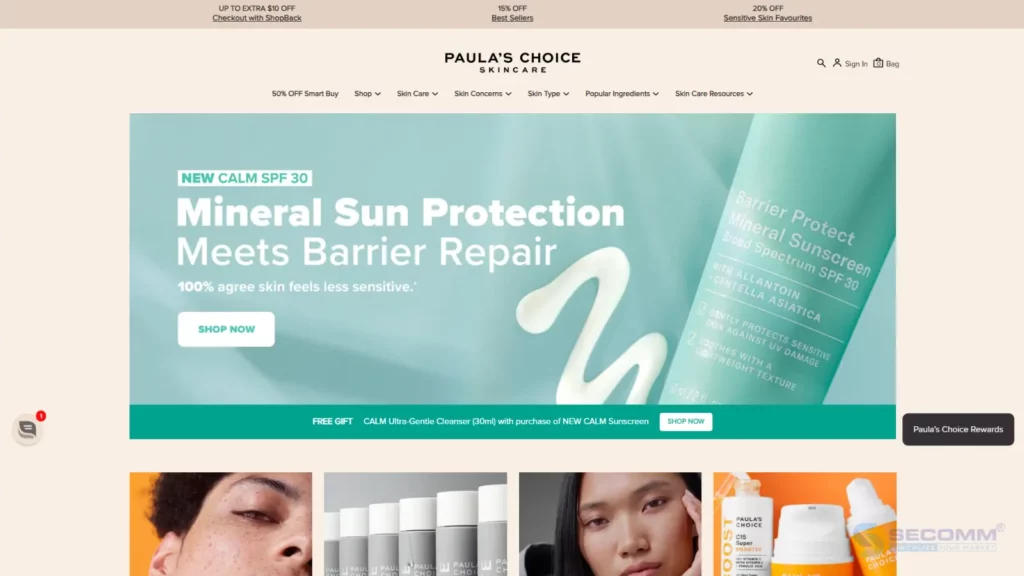
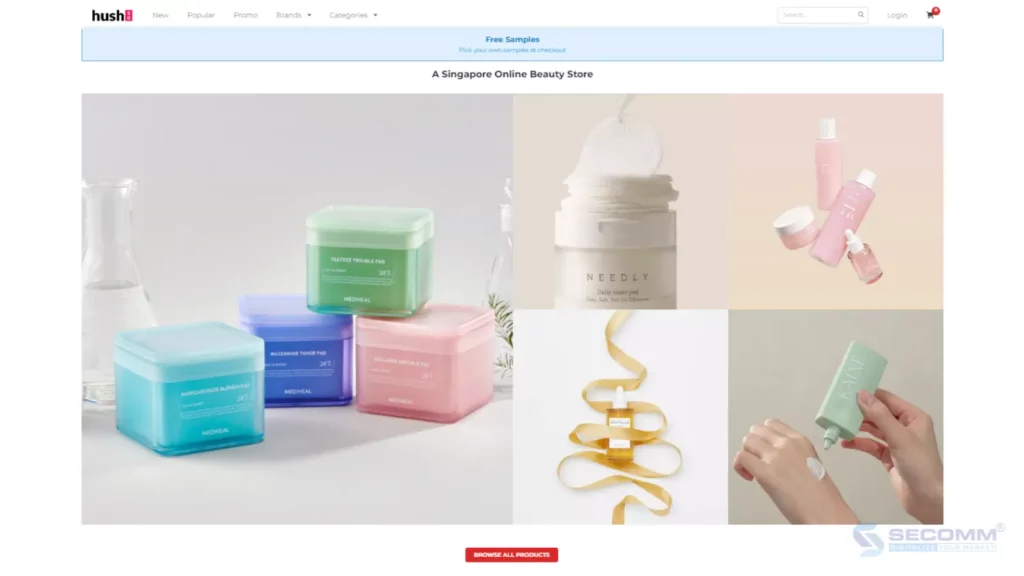

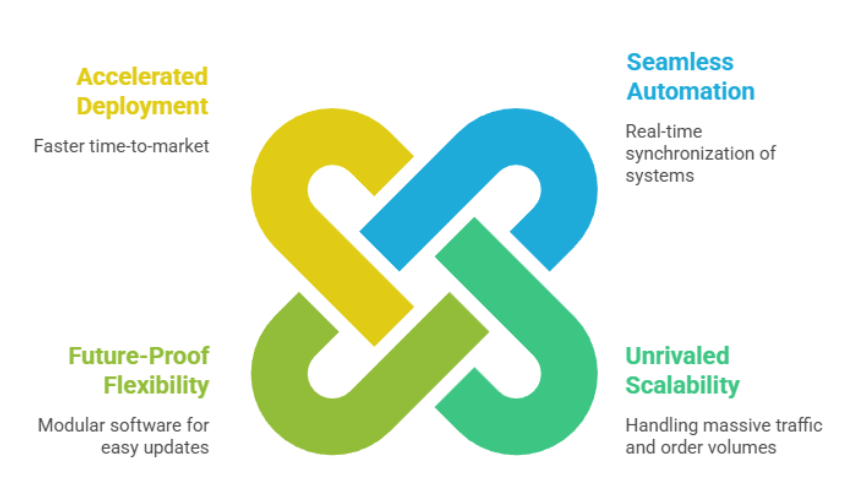


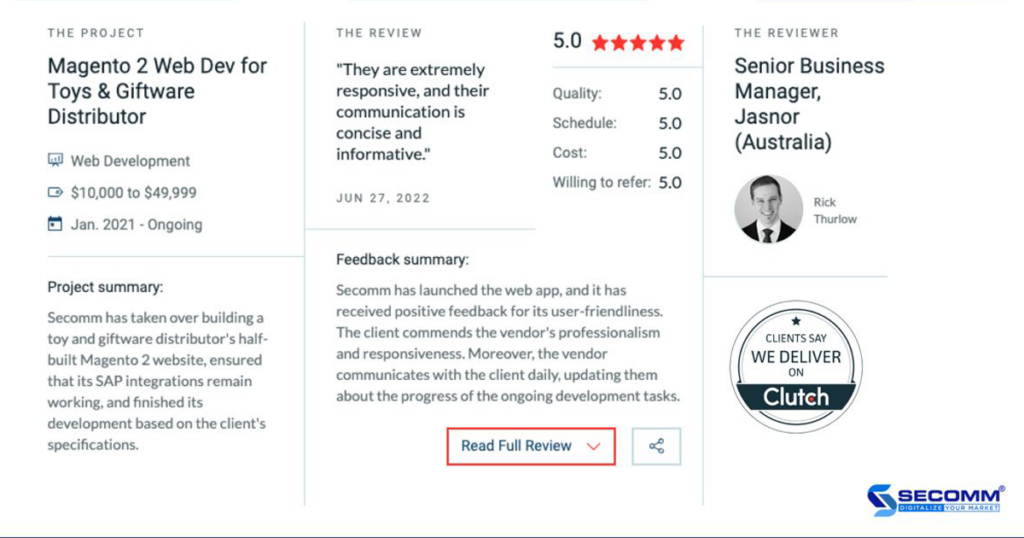
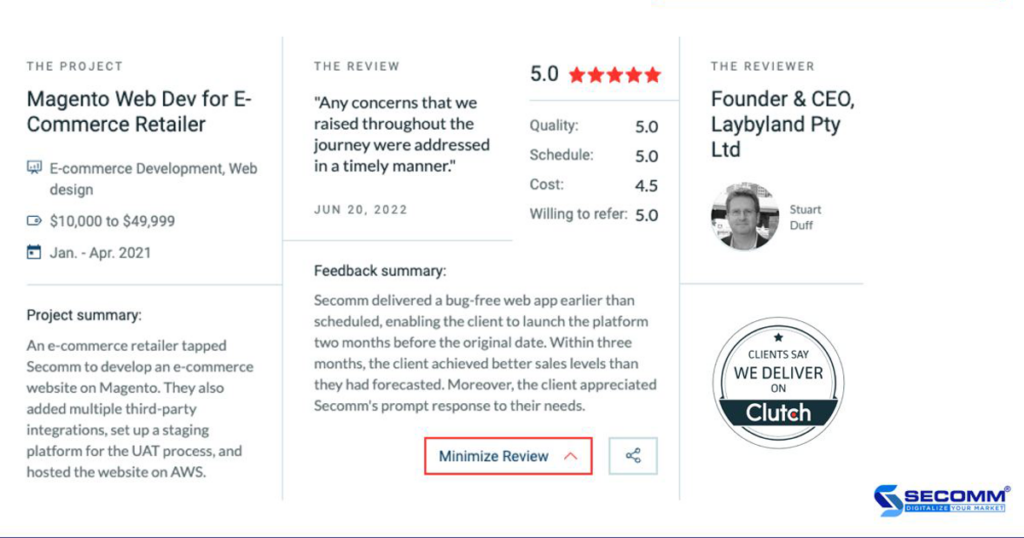



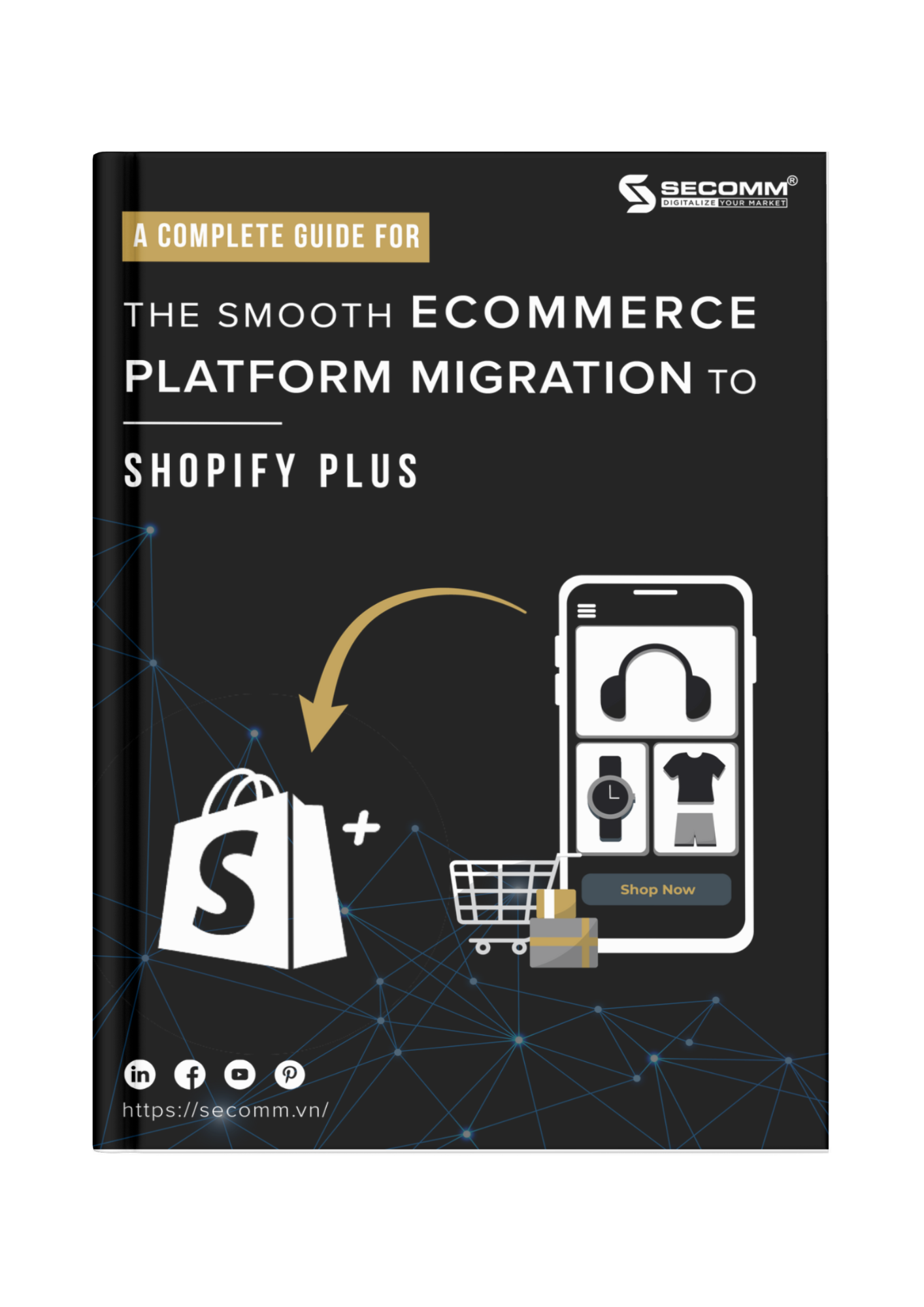



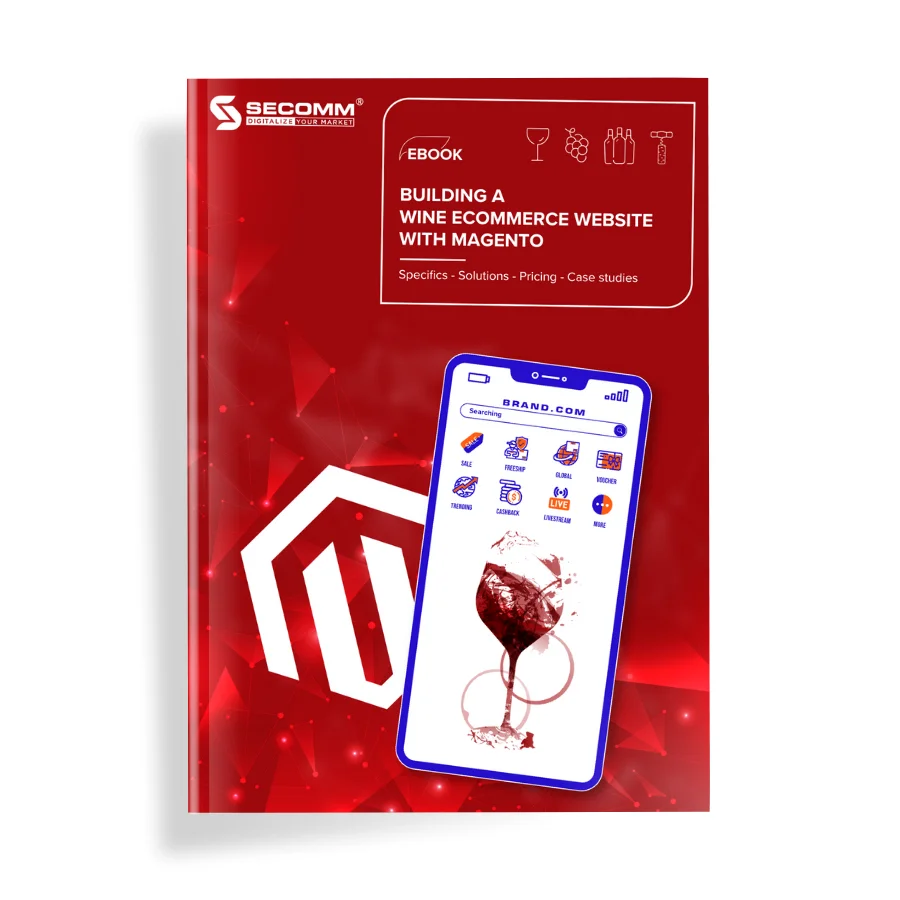
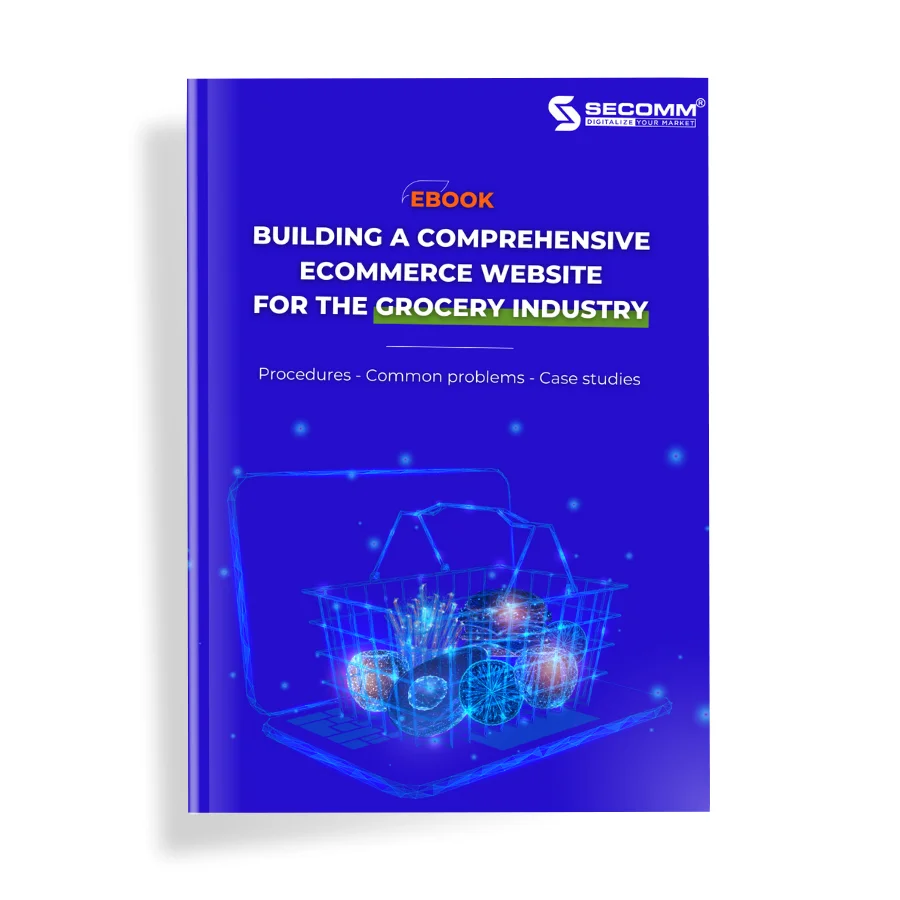
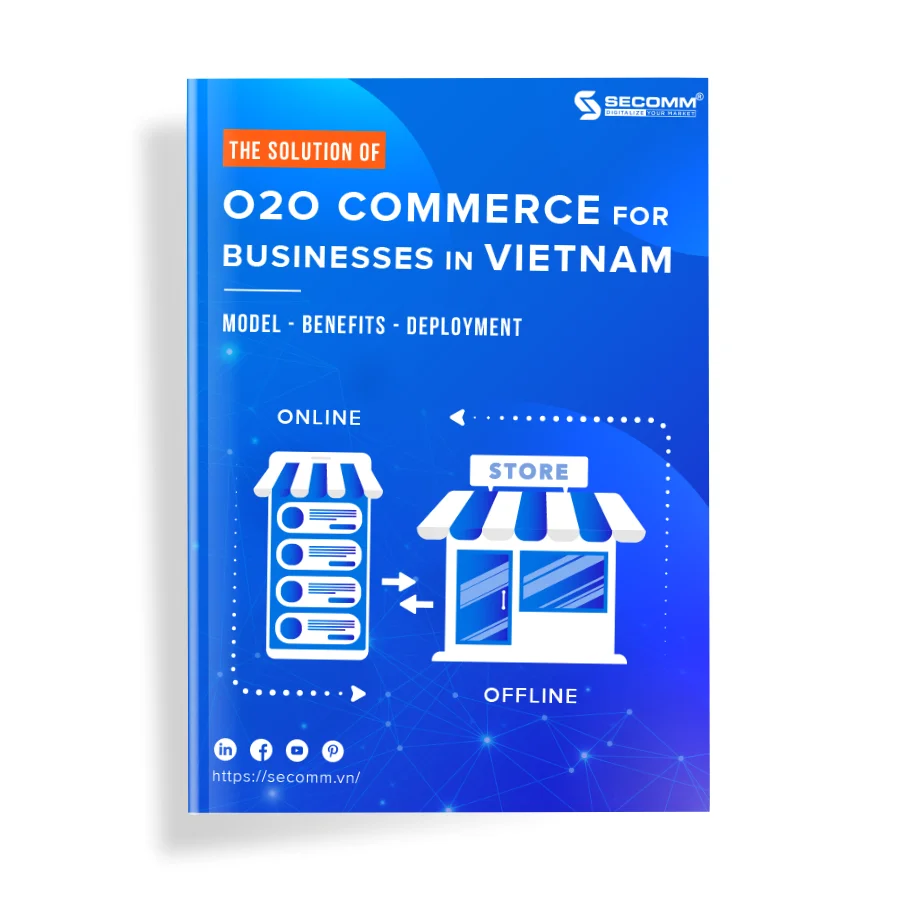
Comment (0)